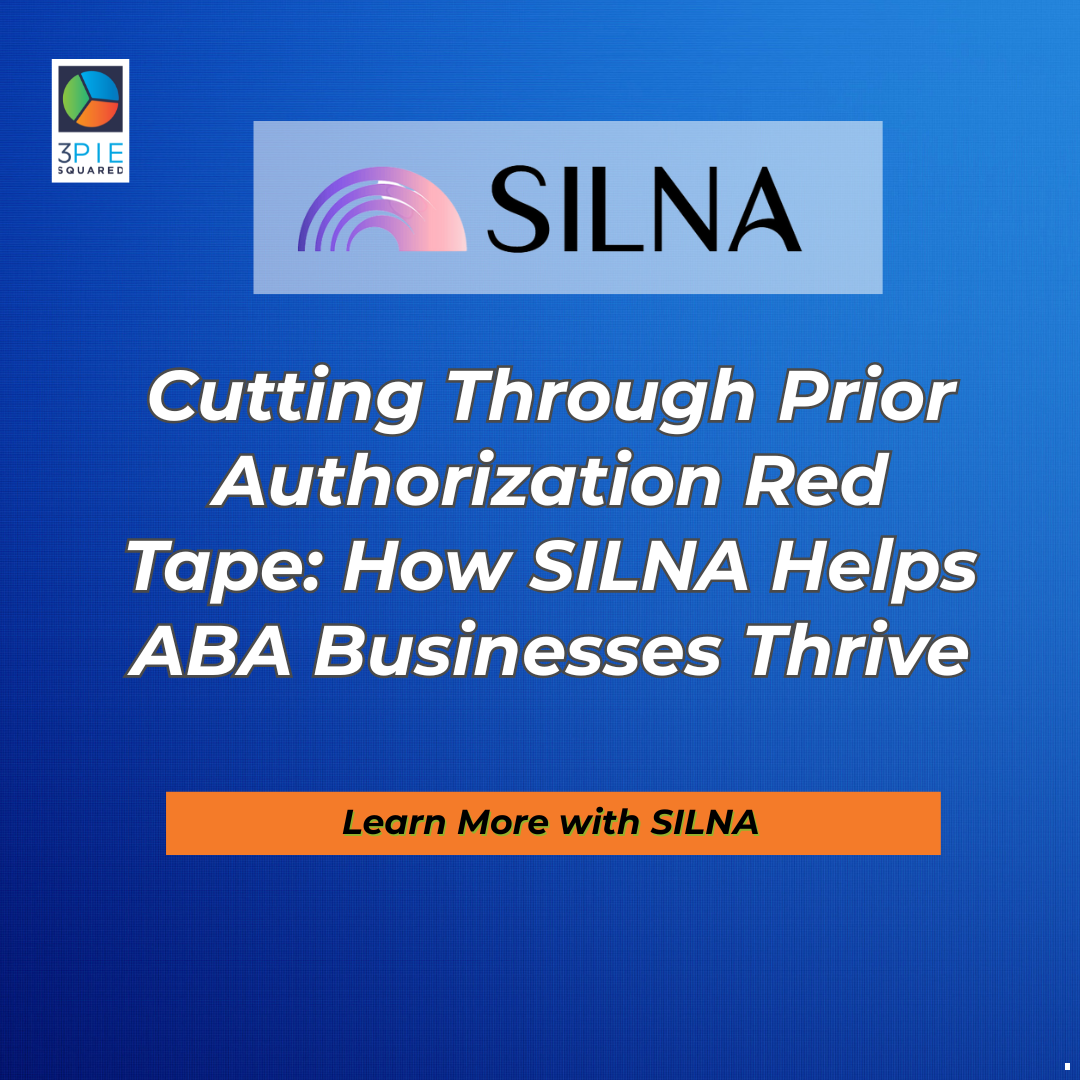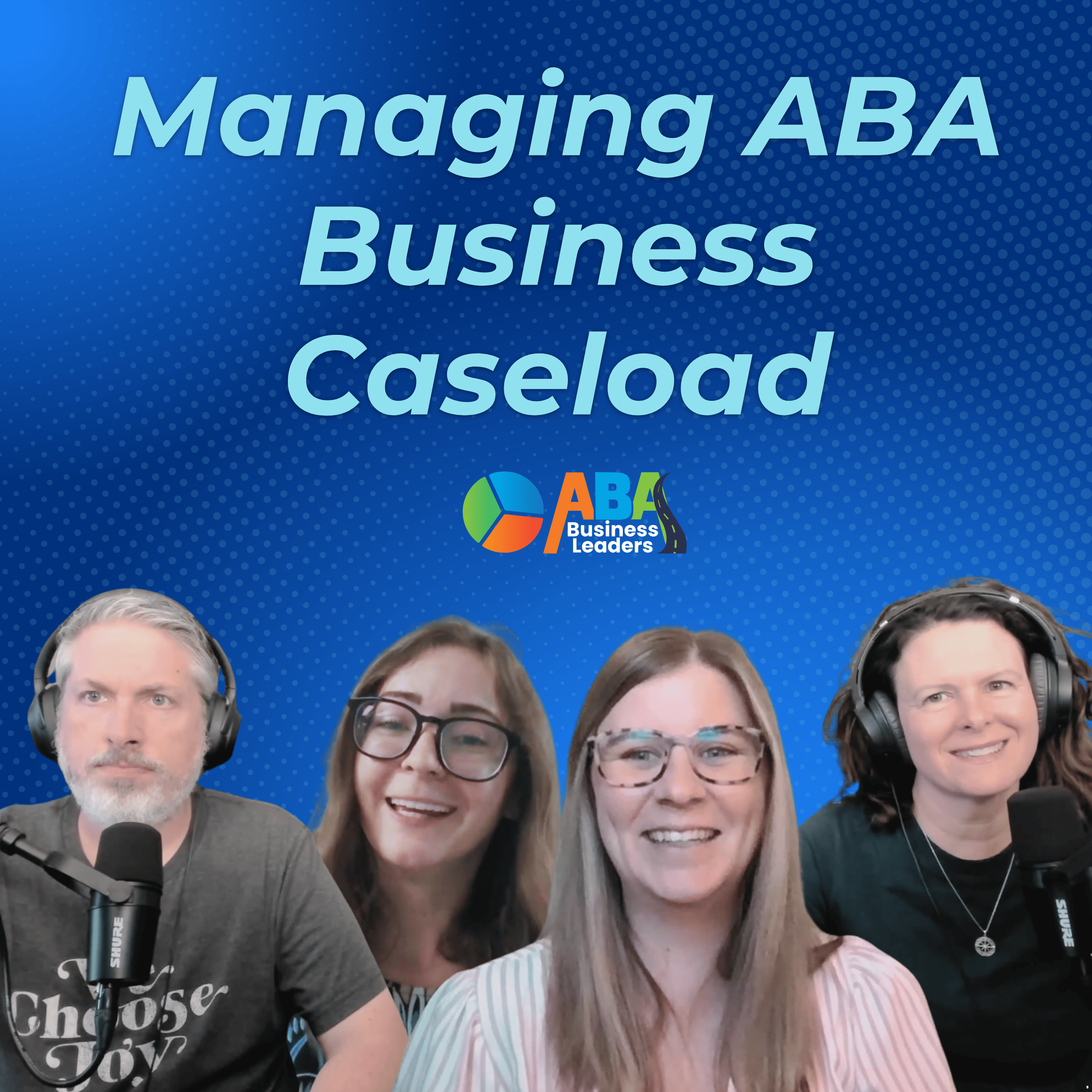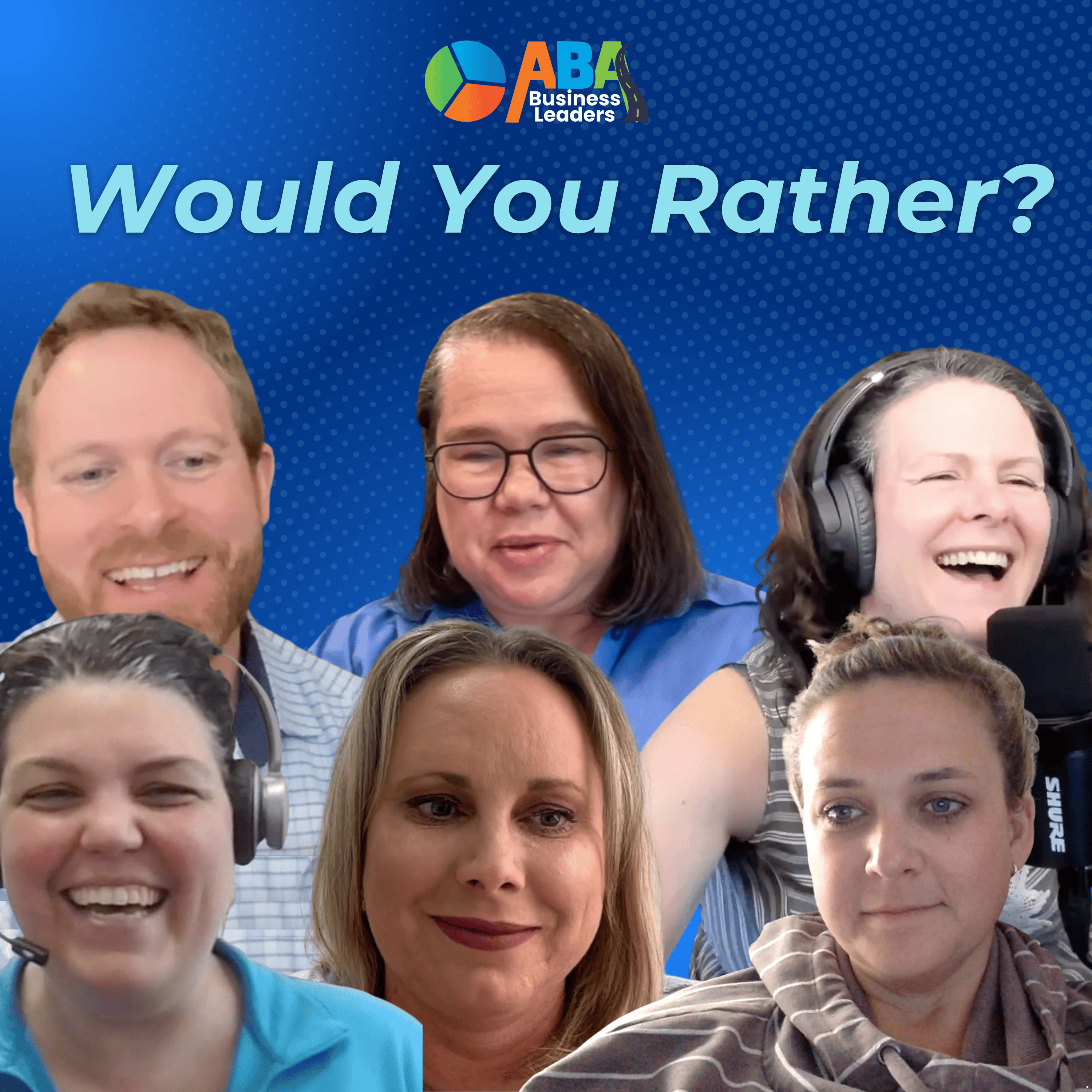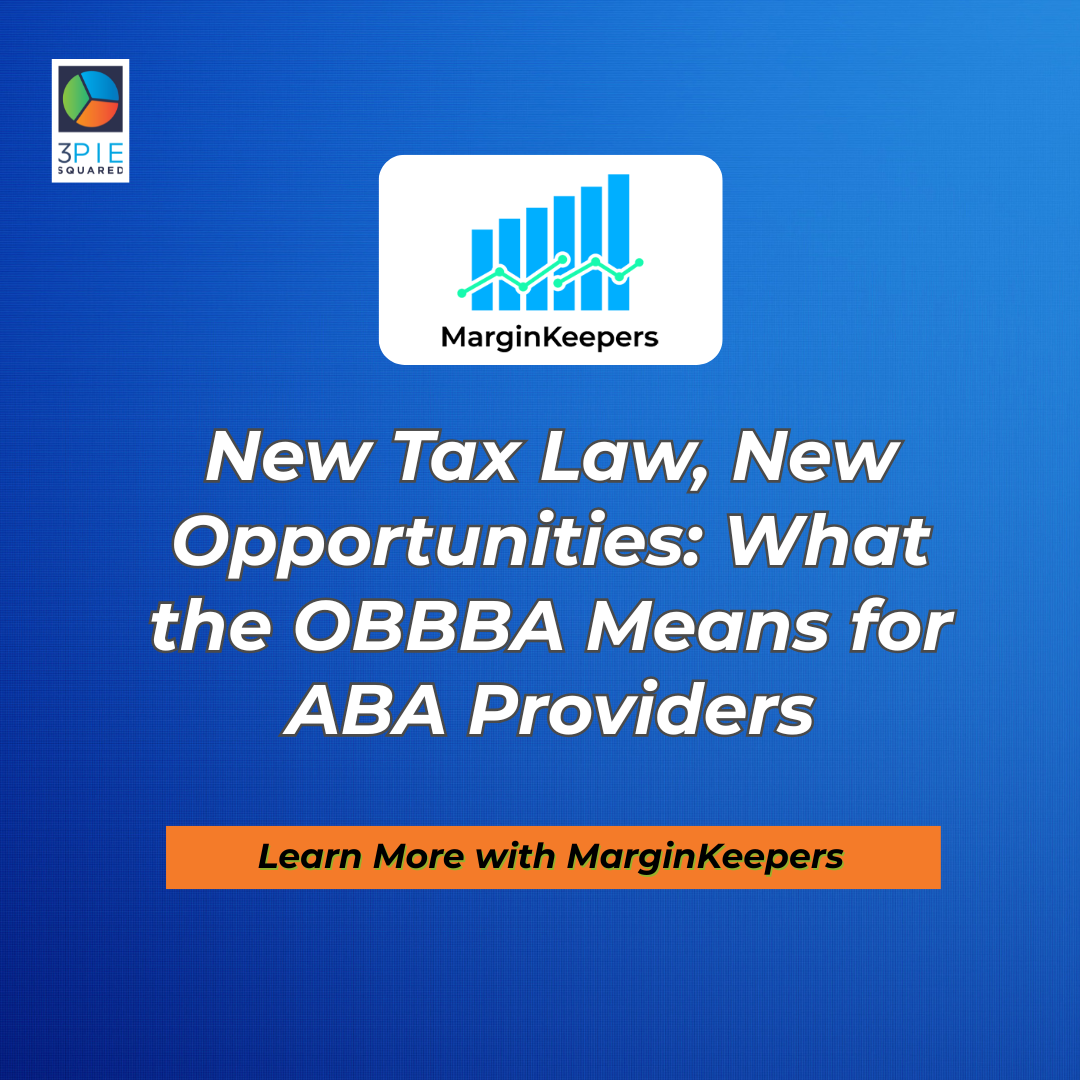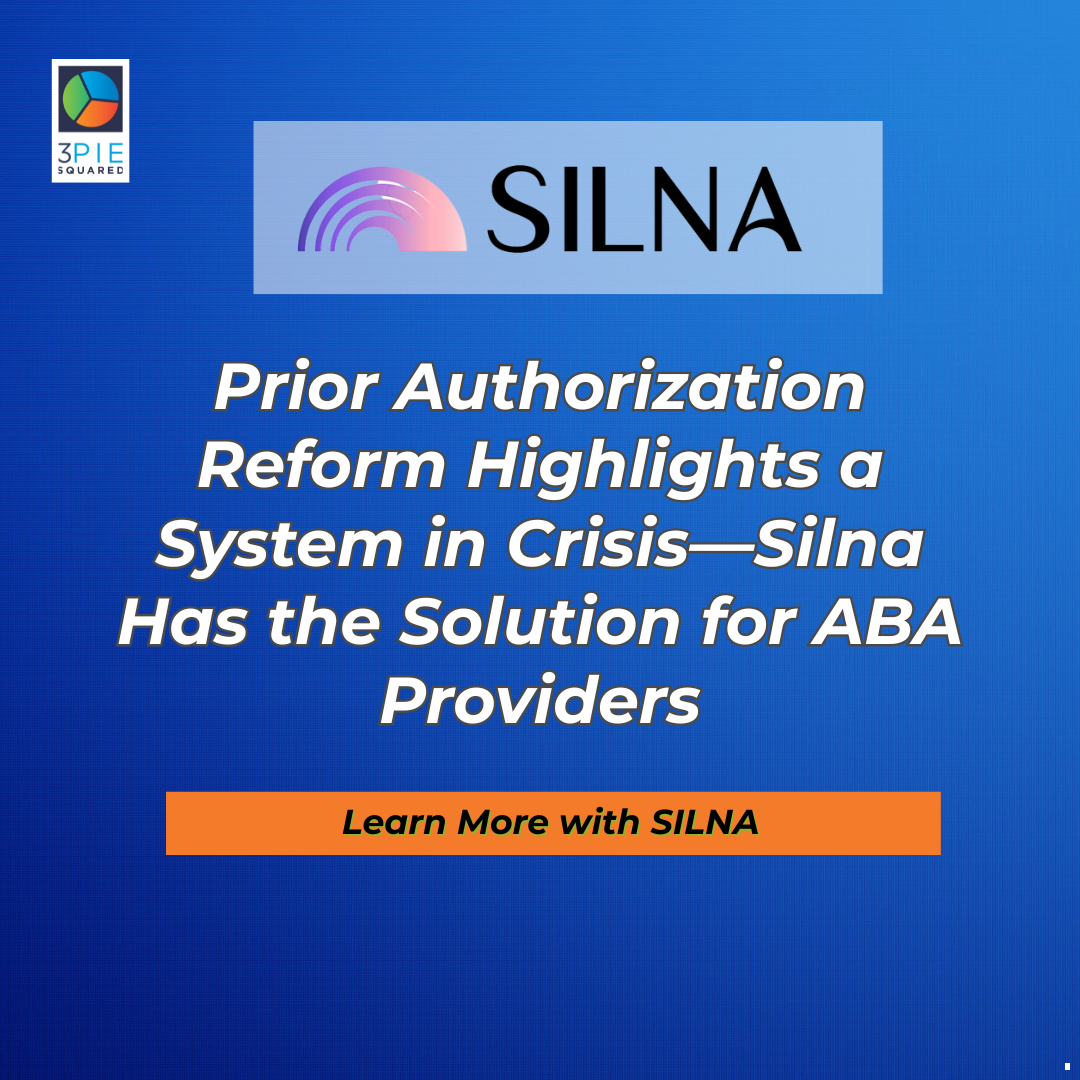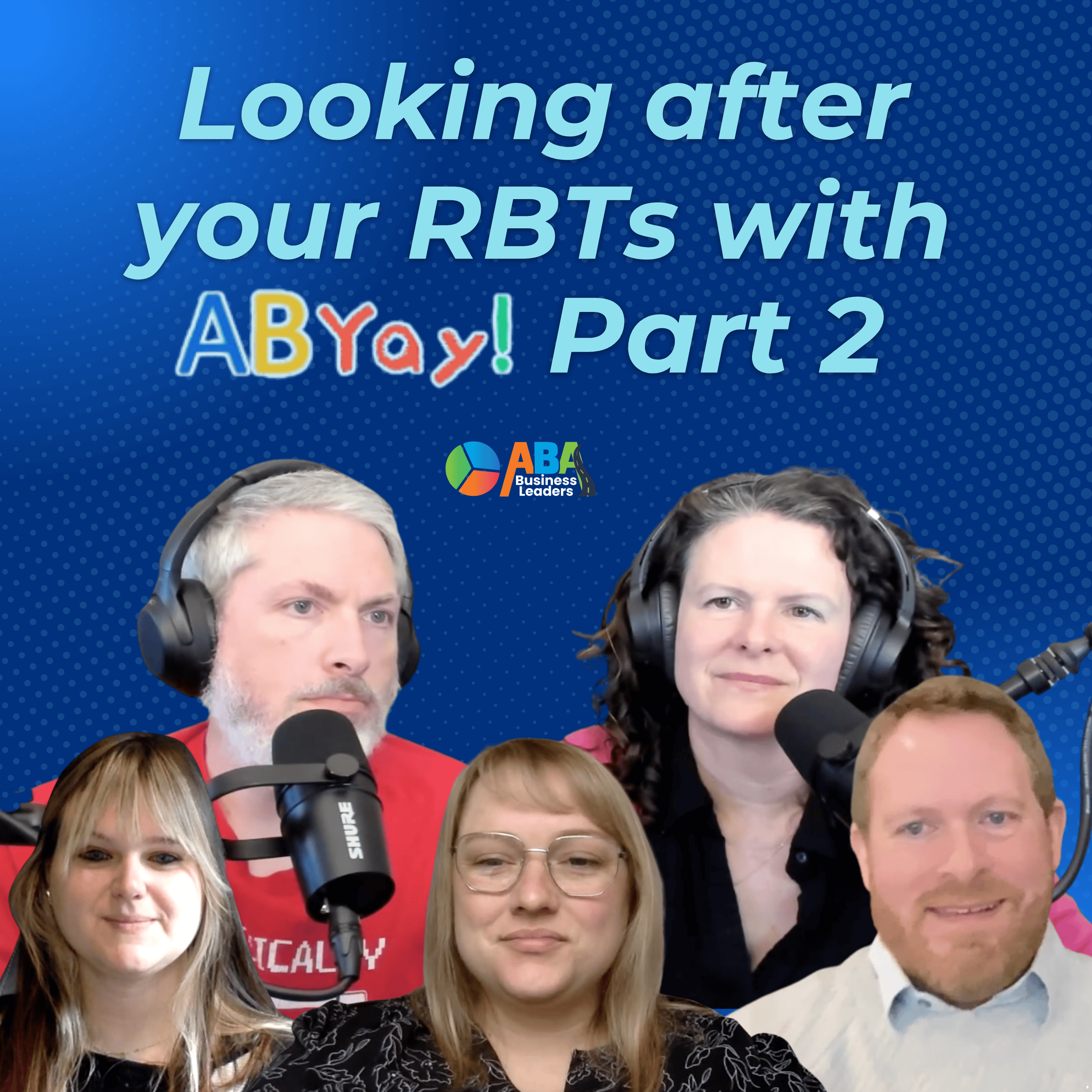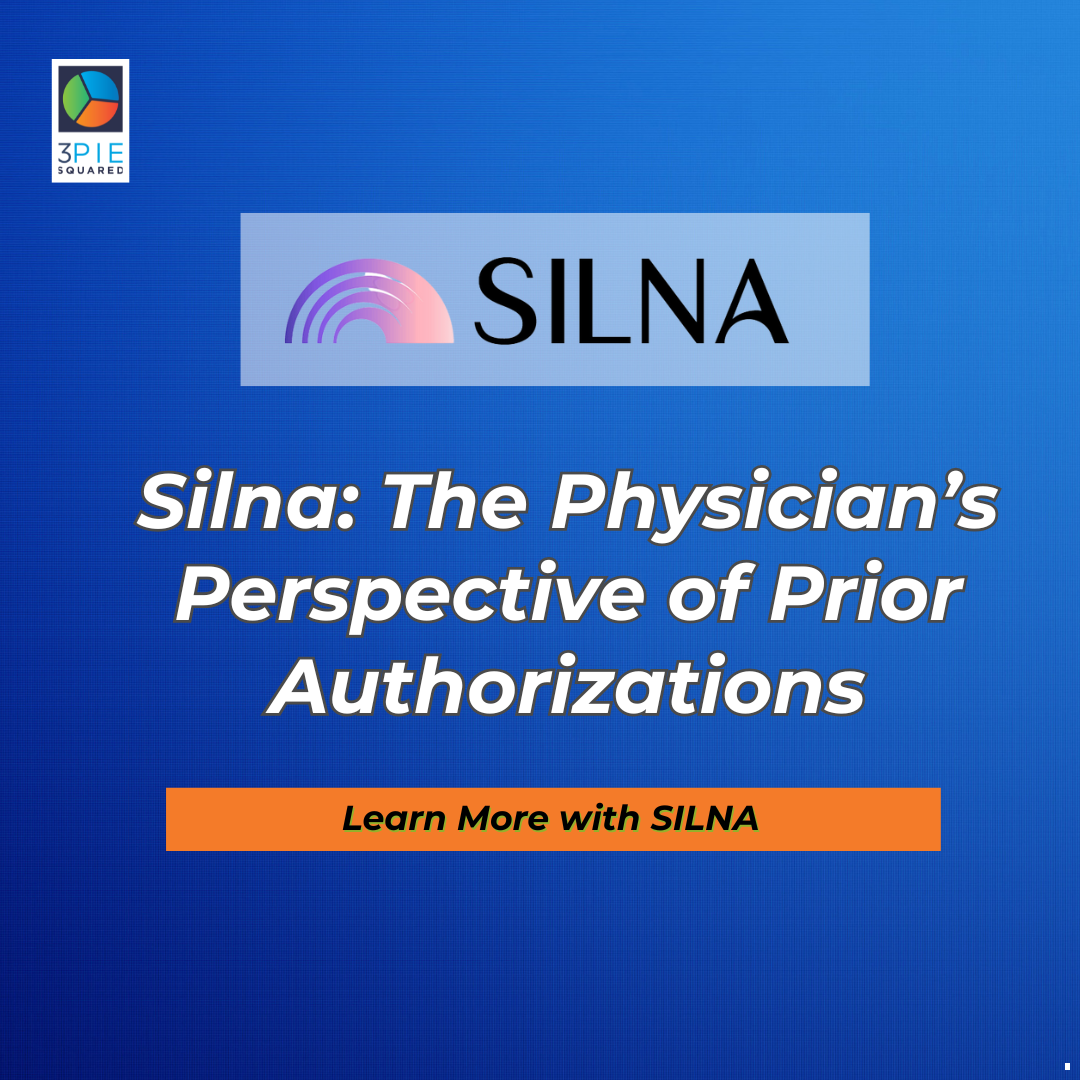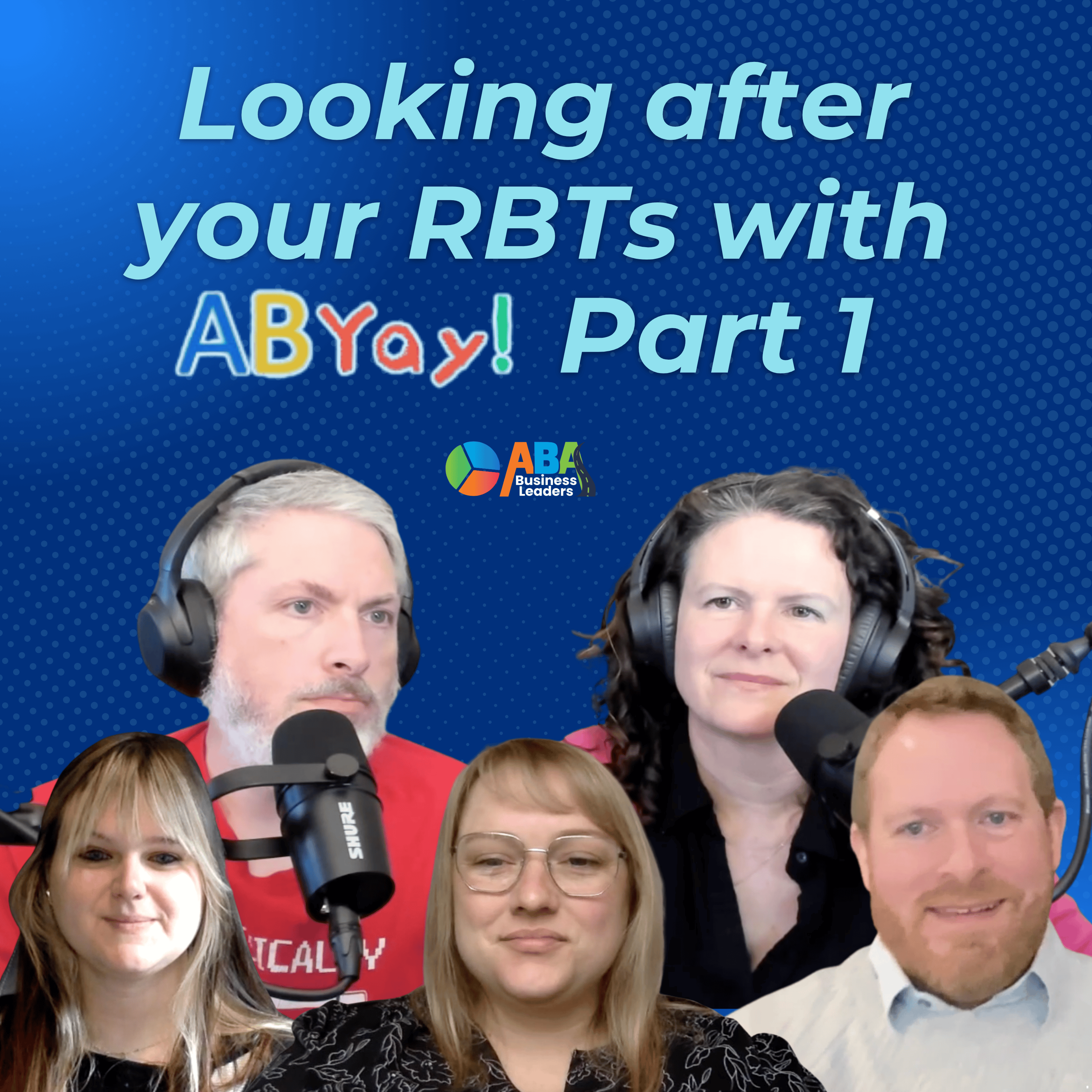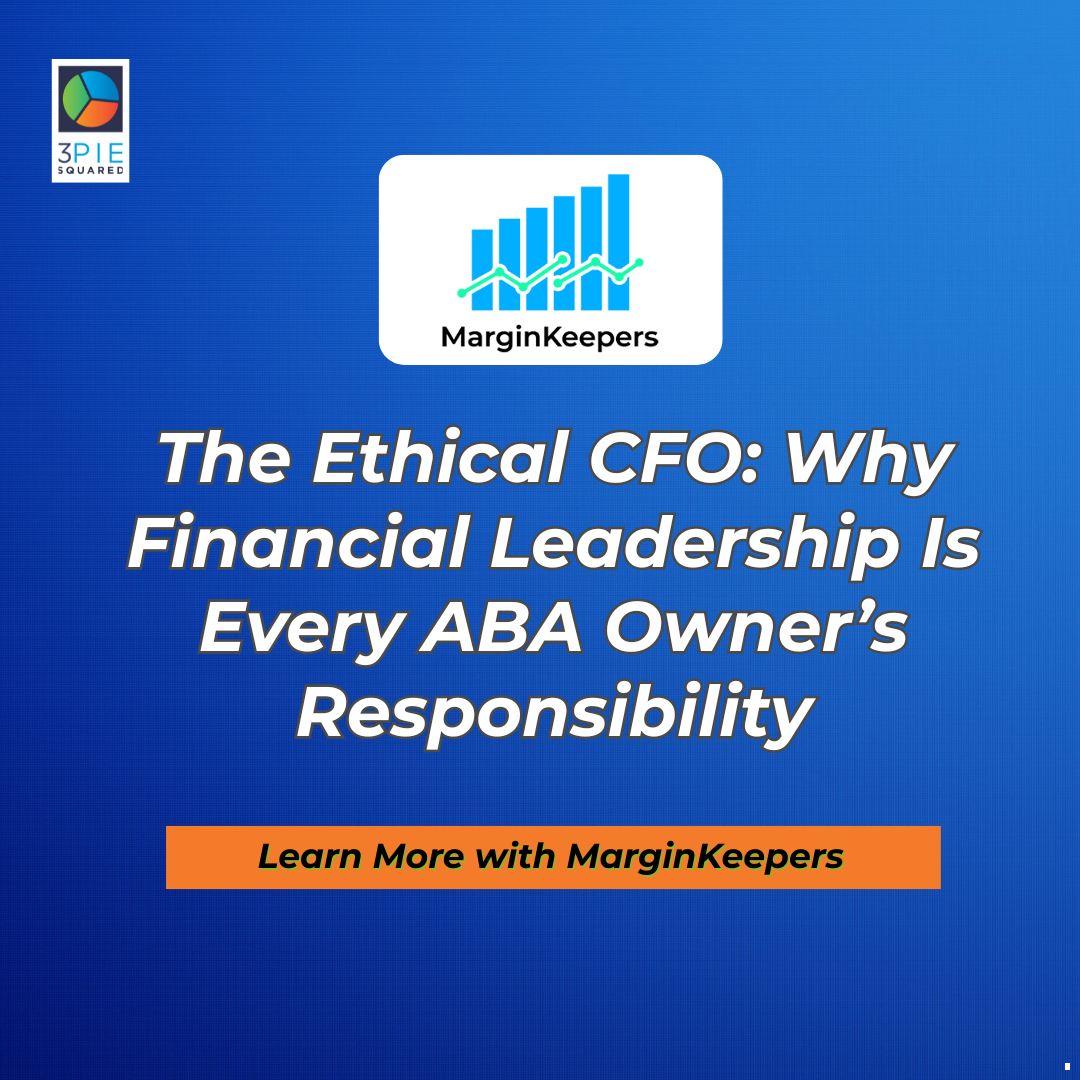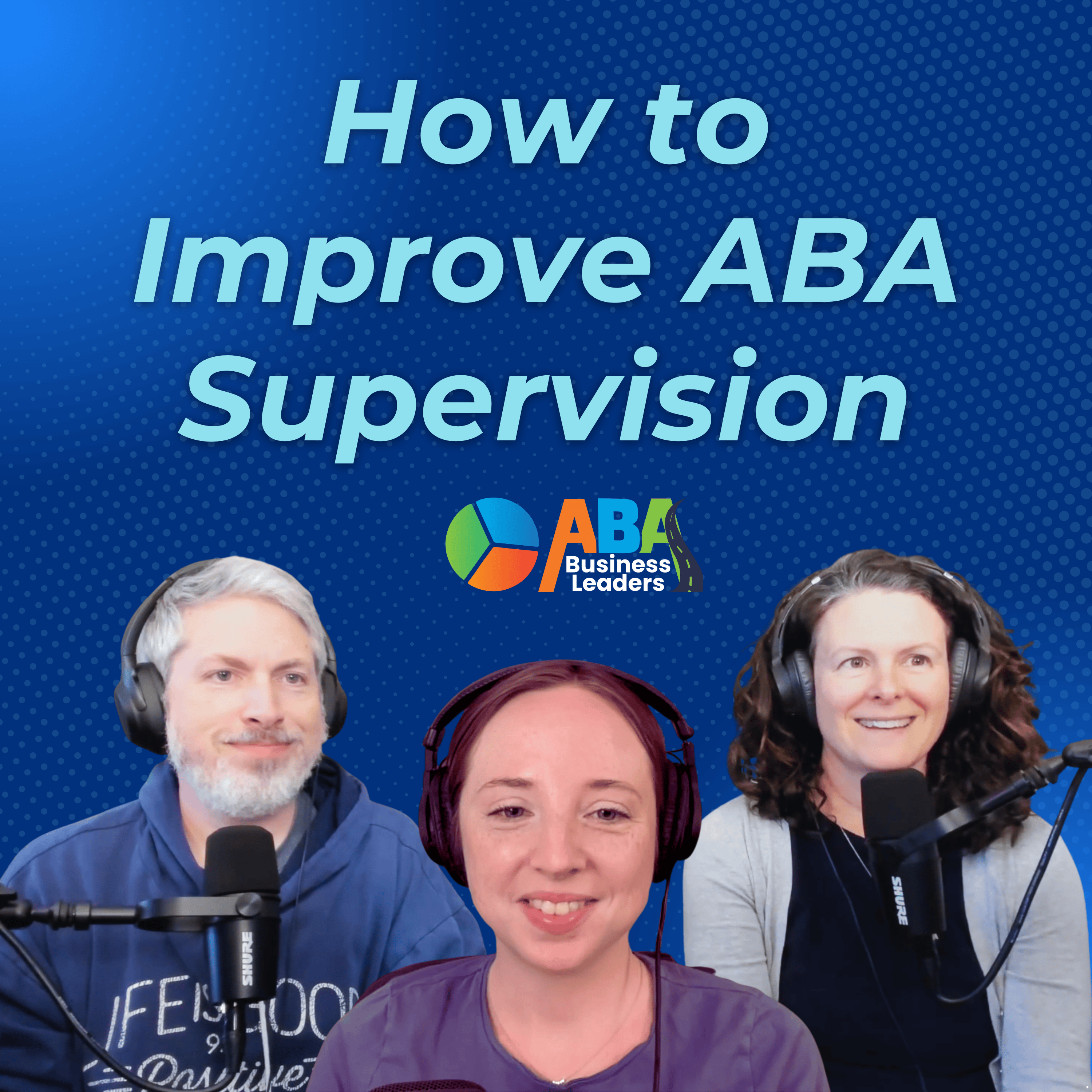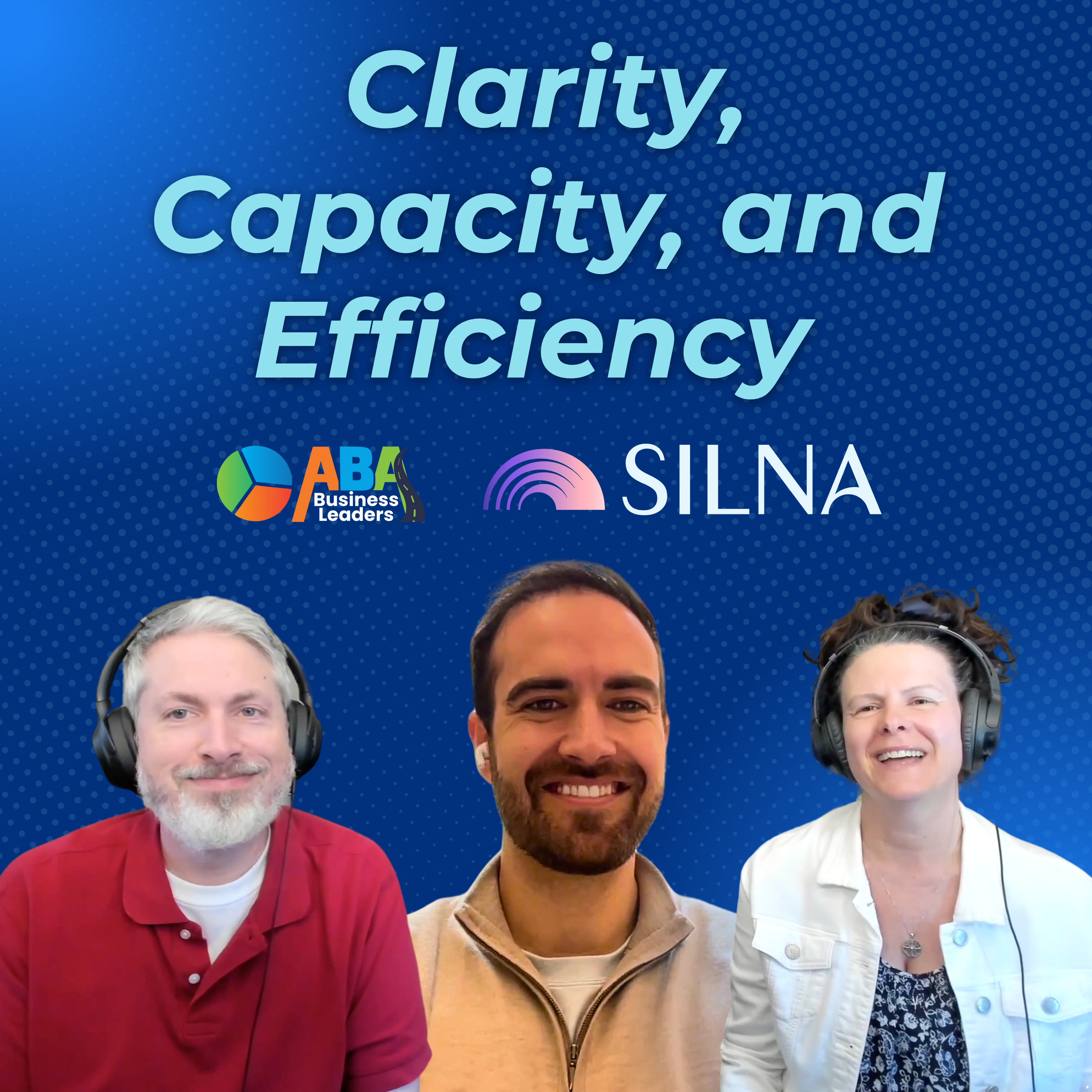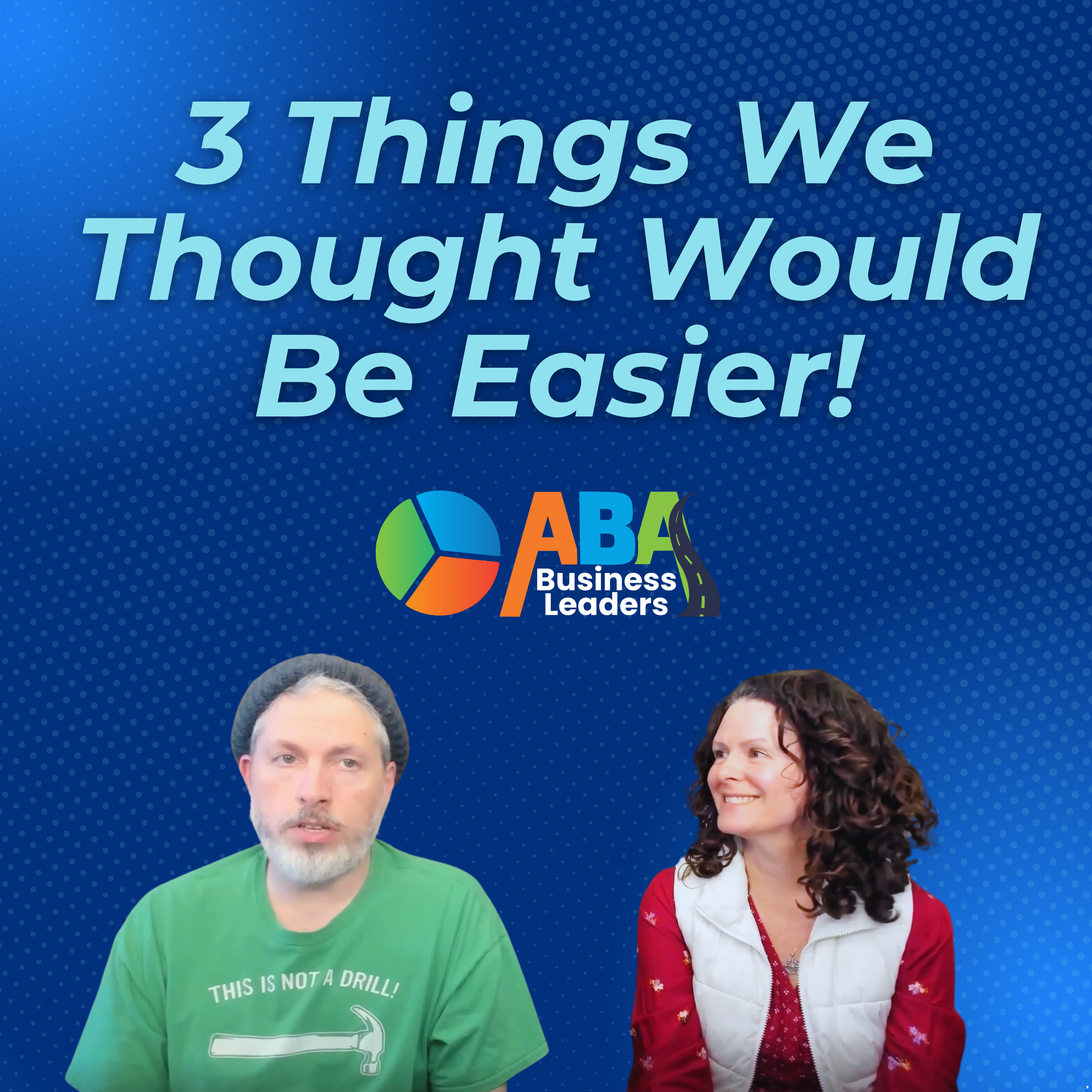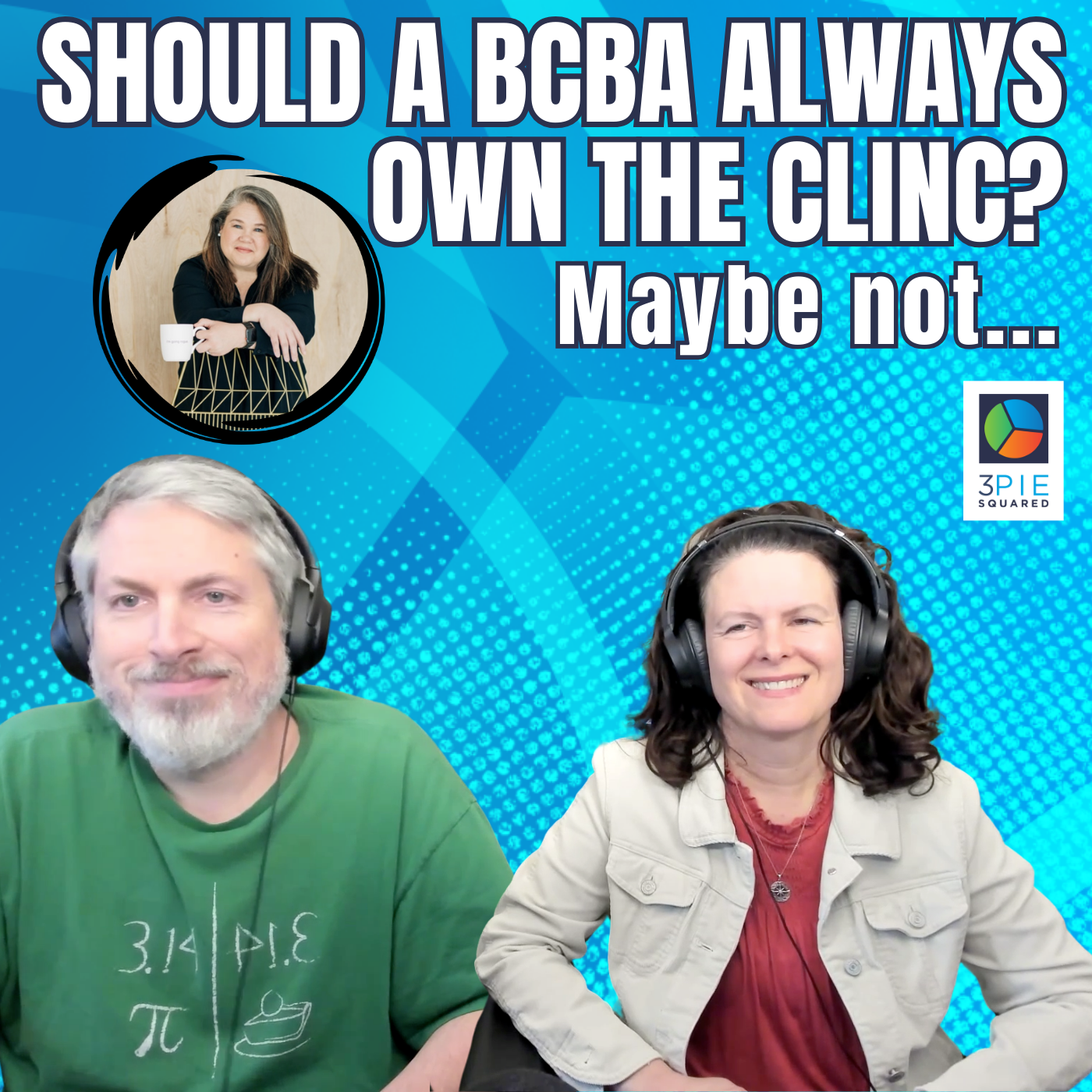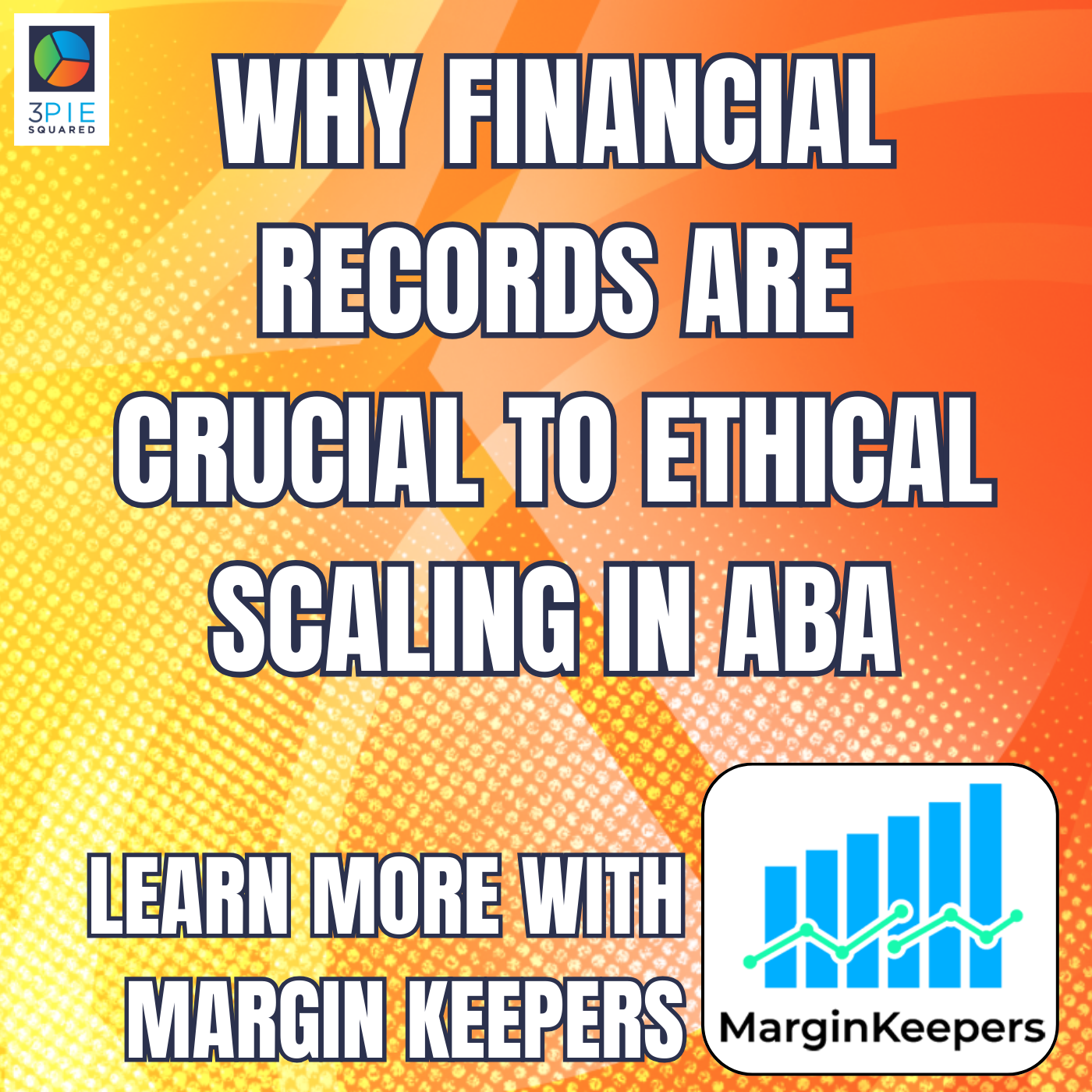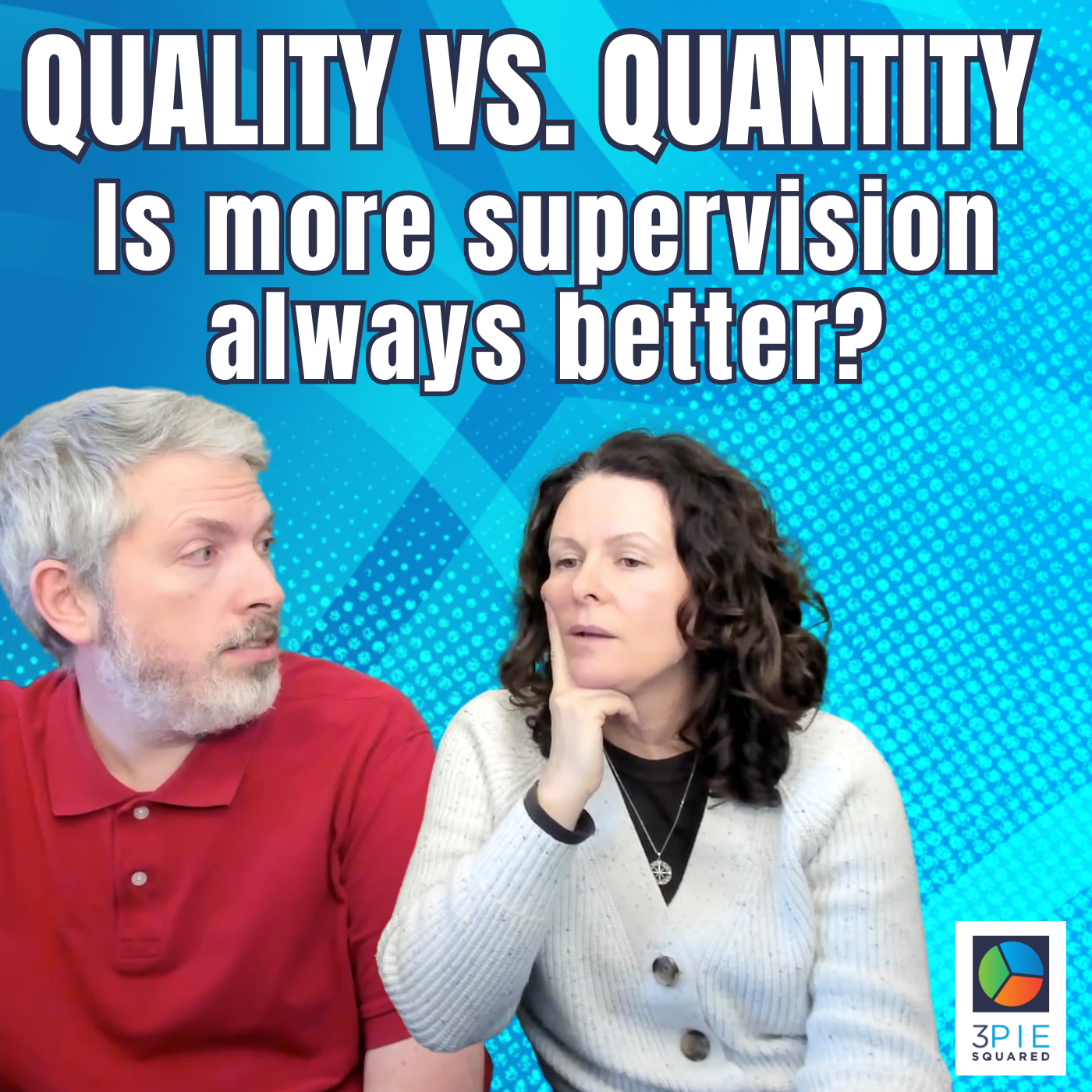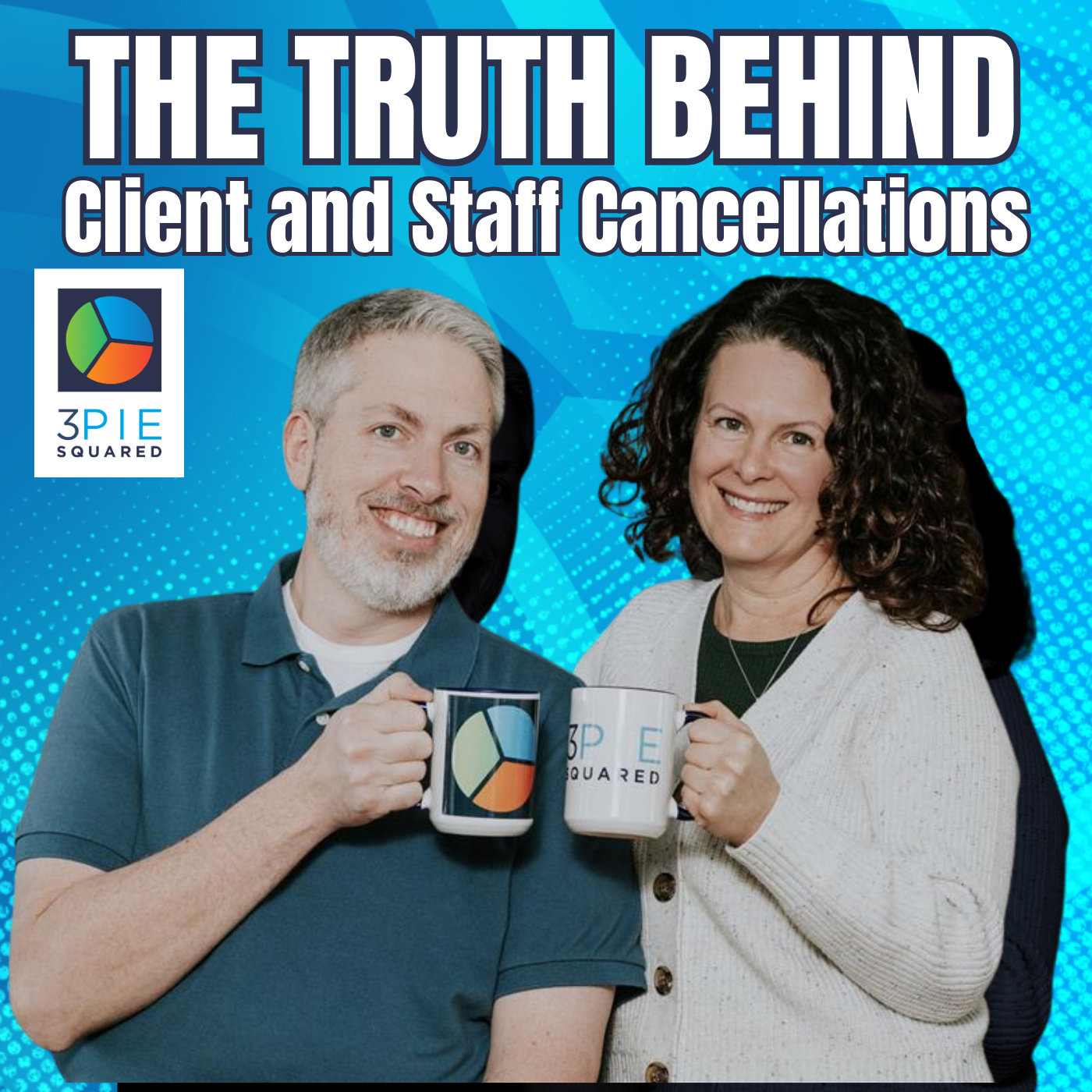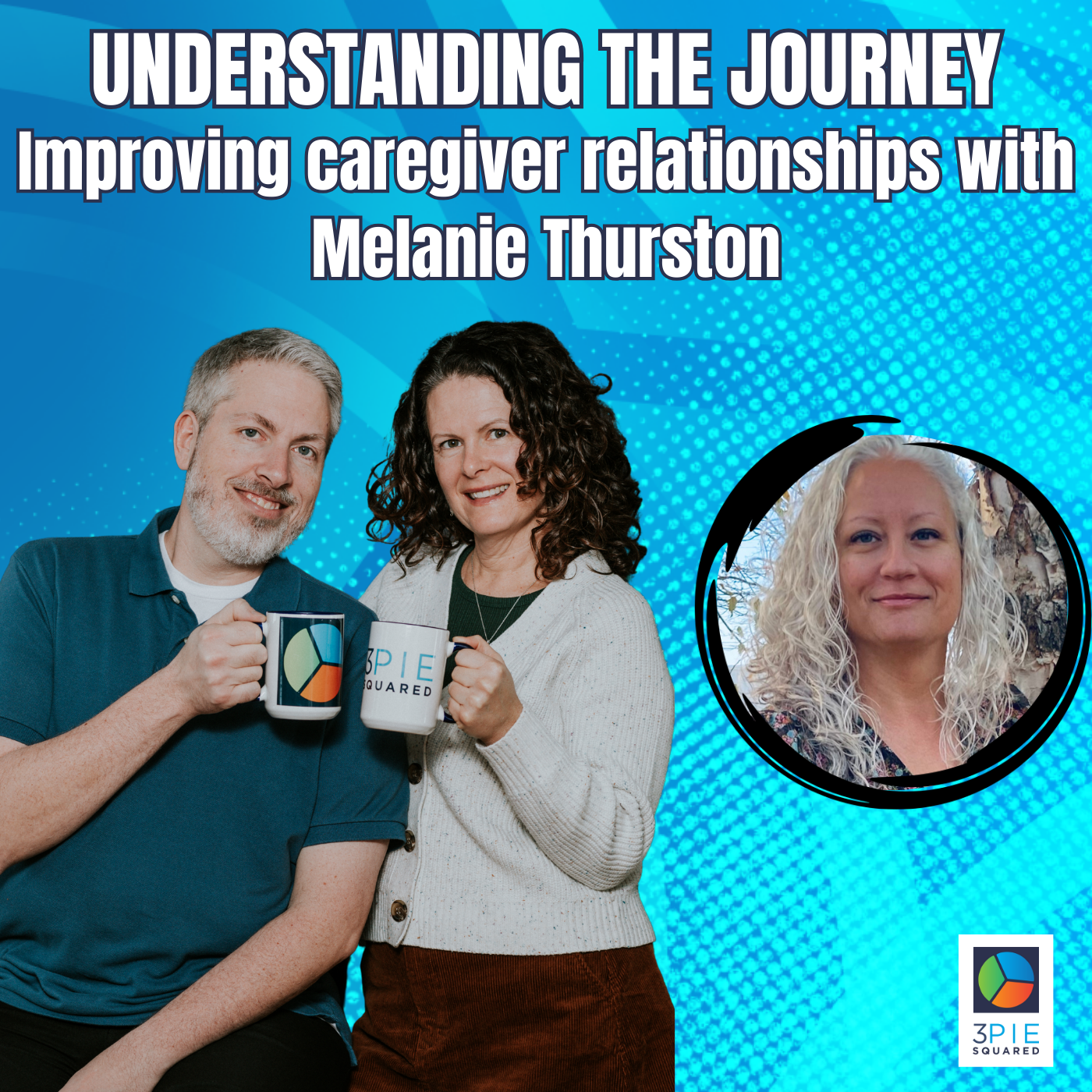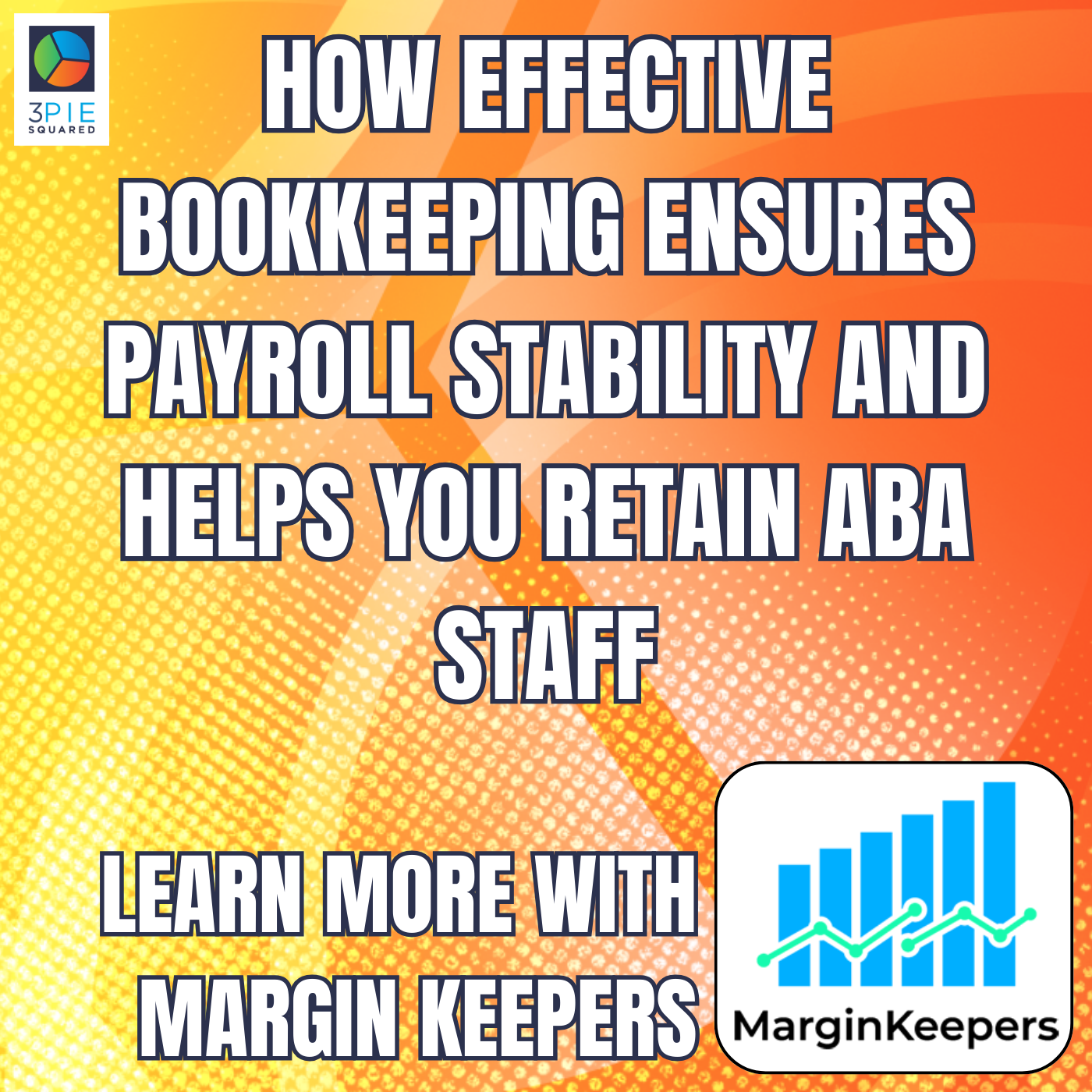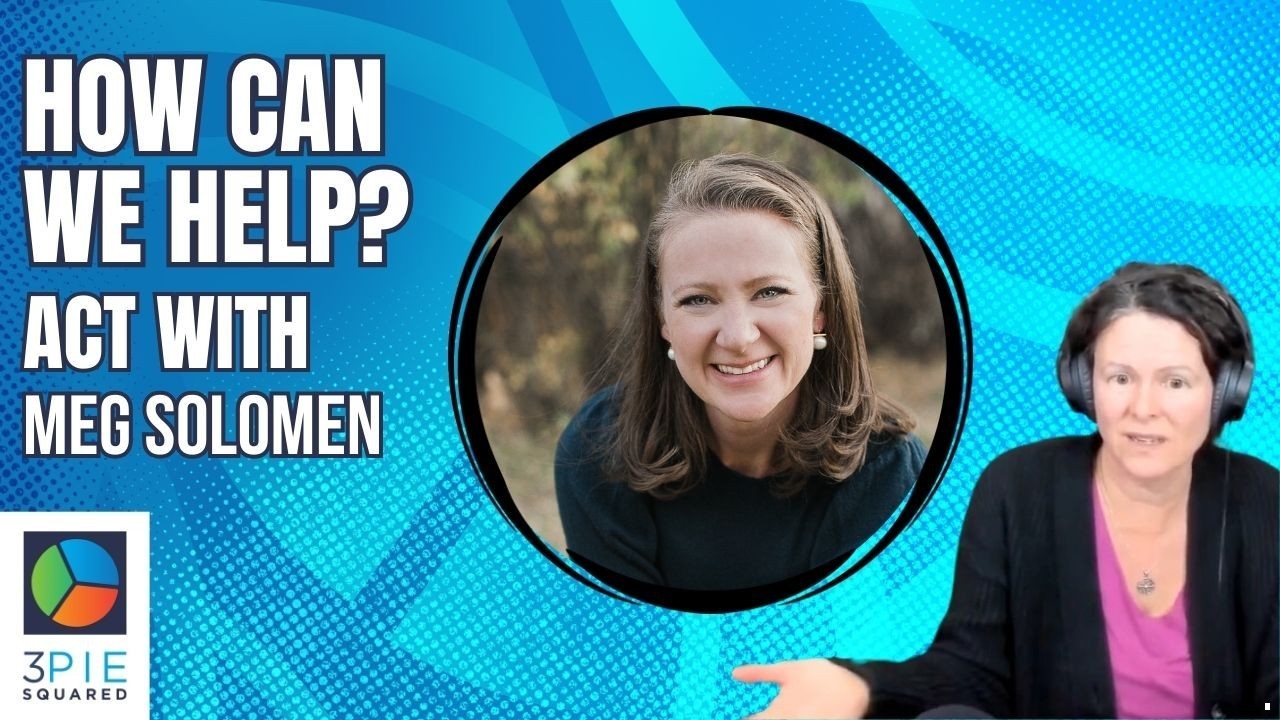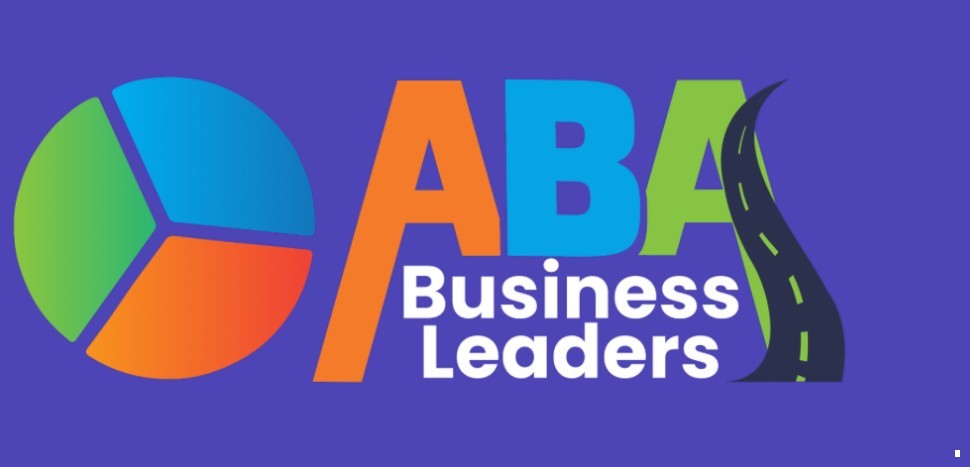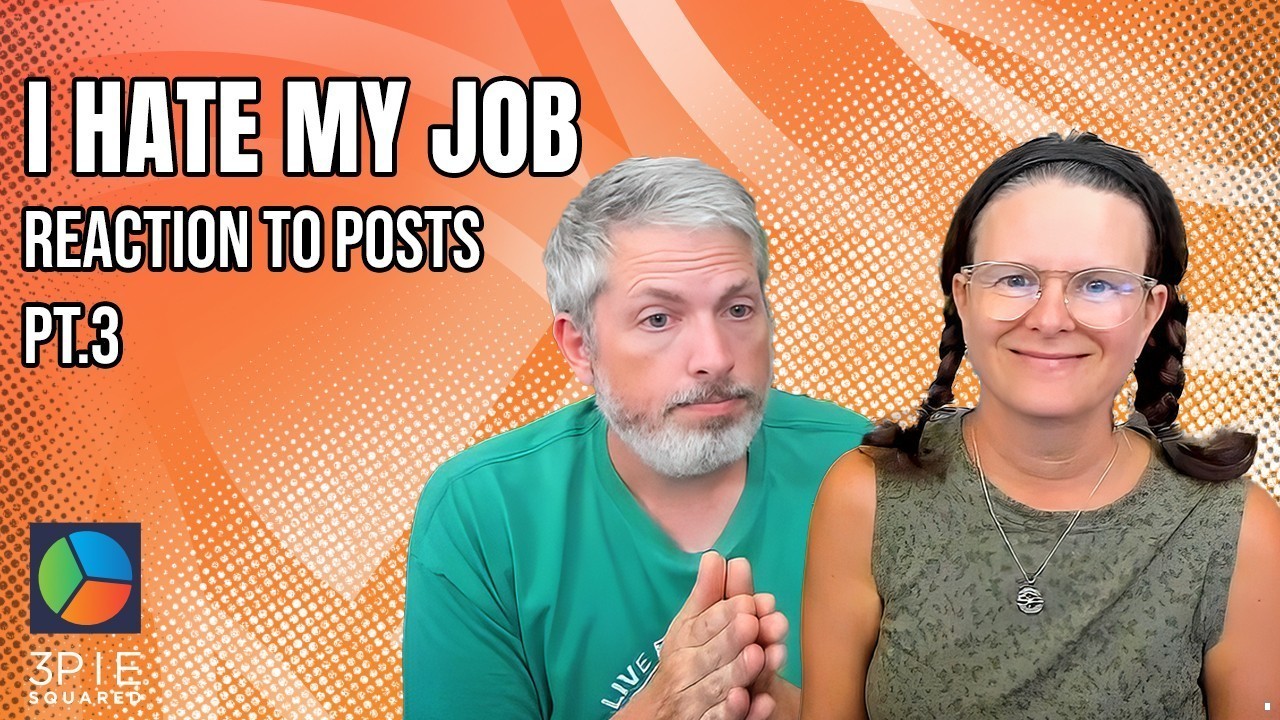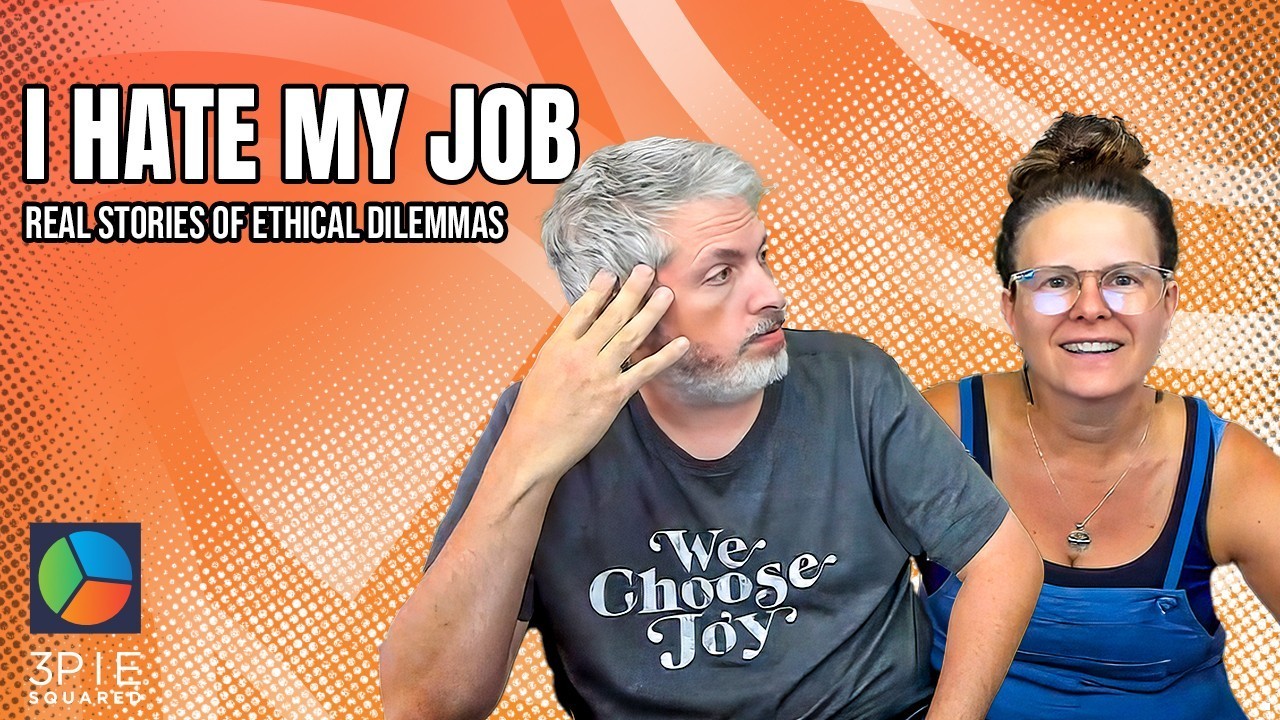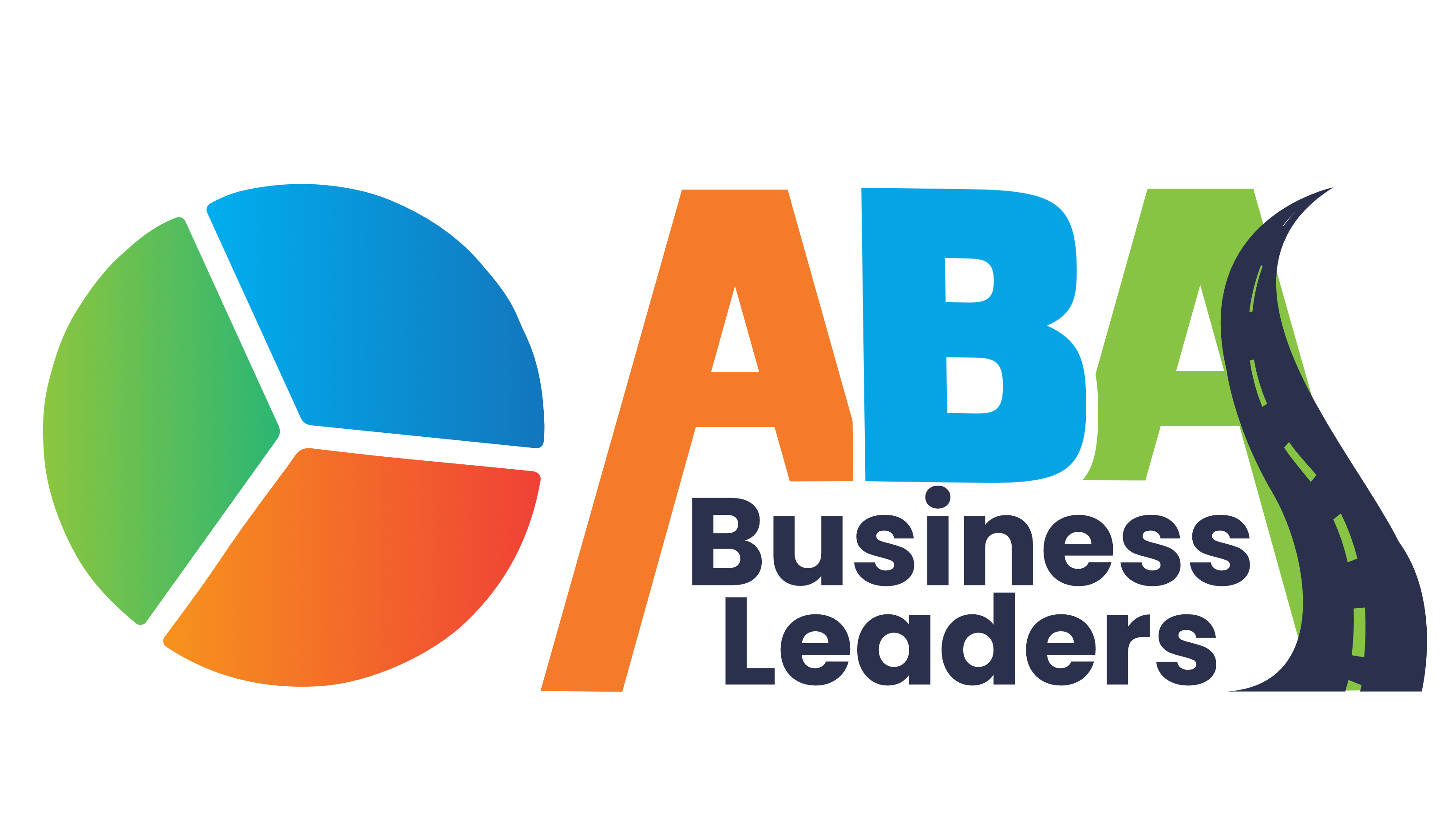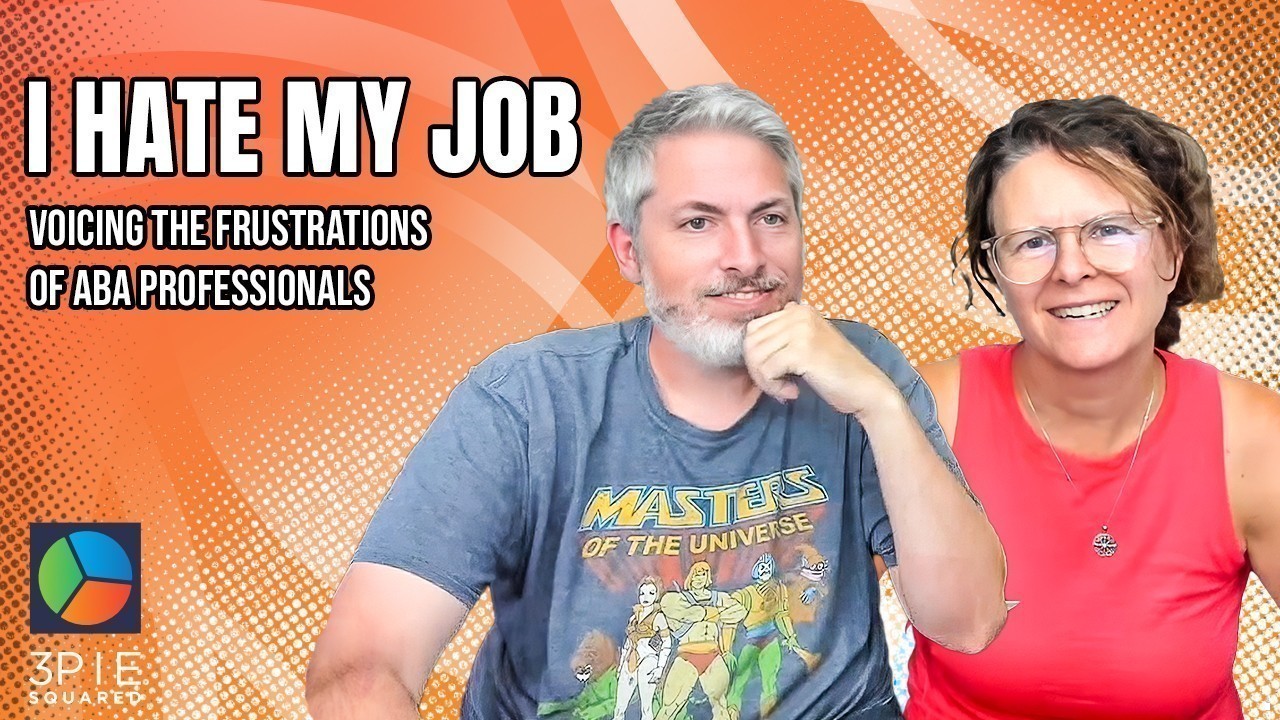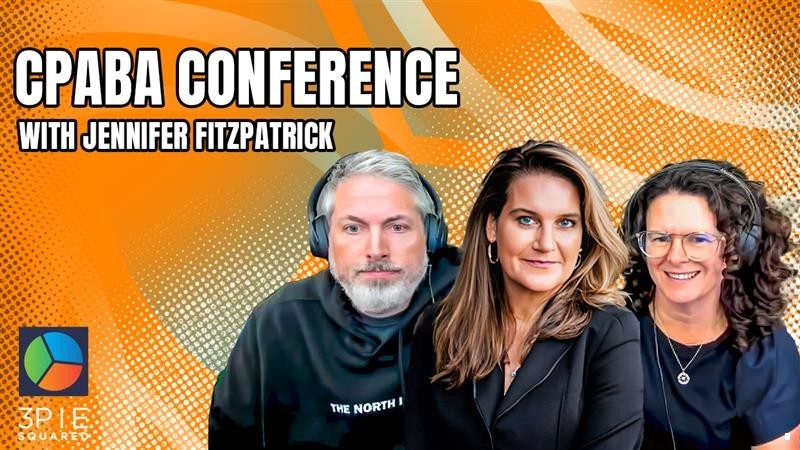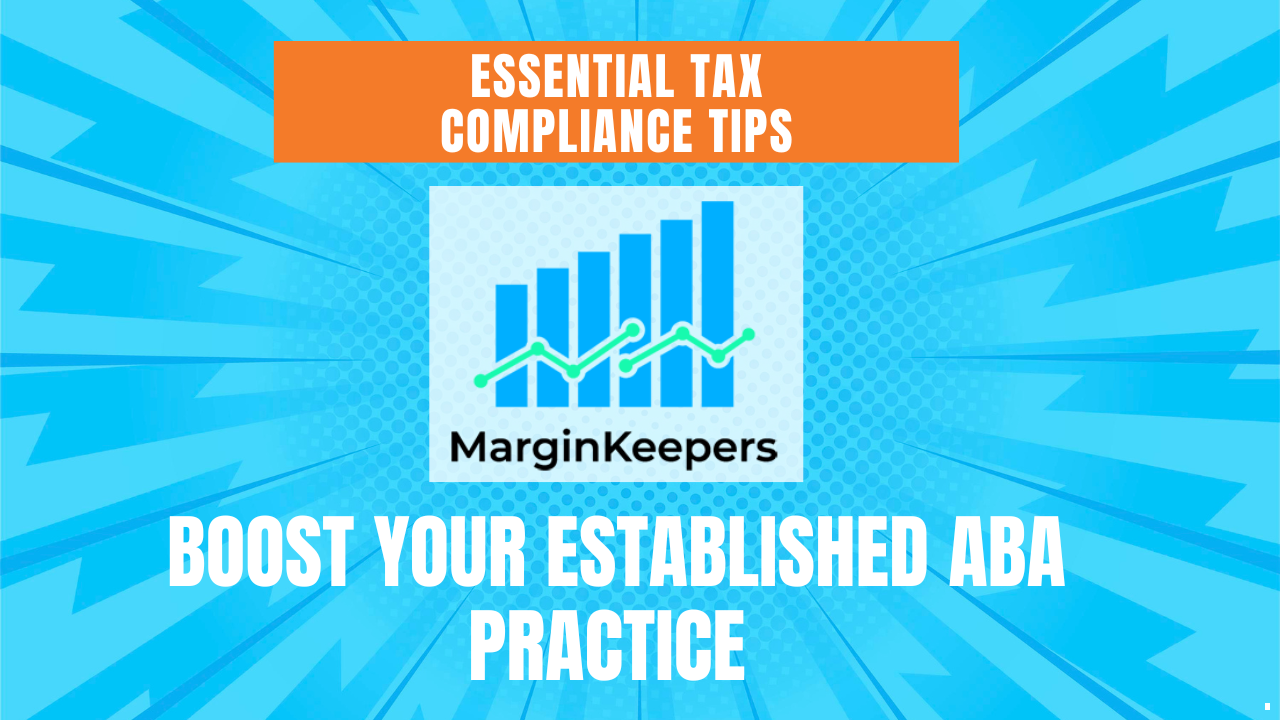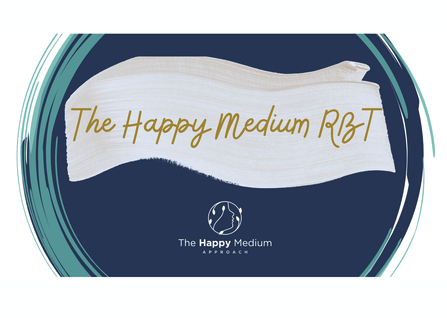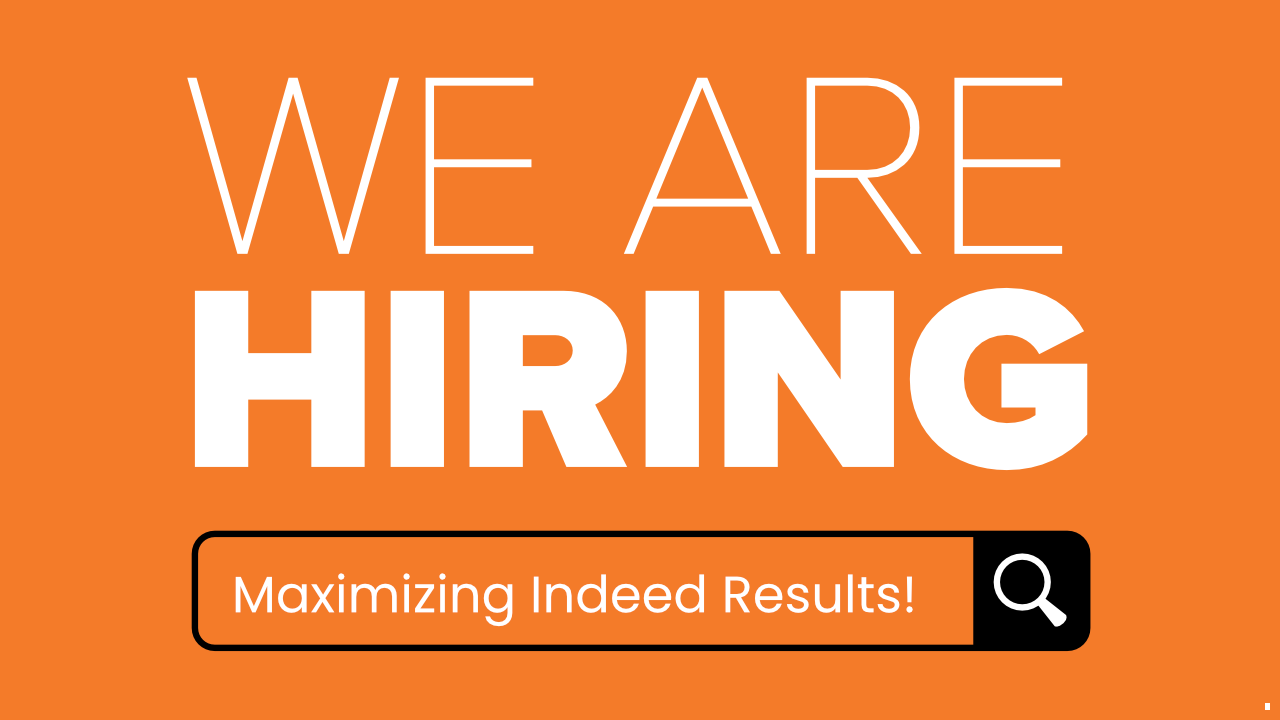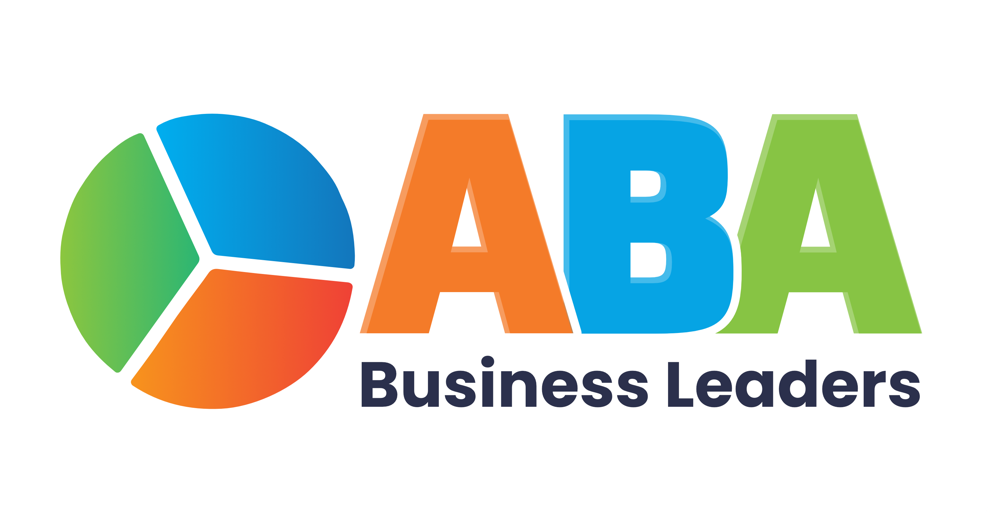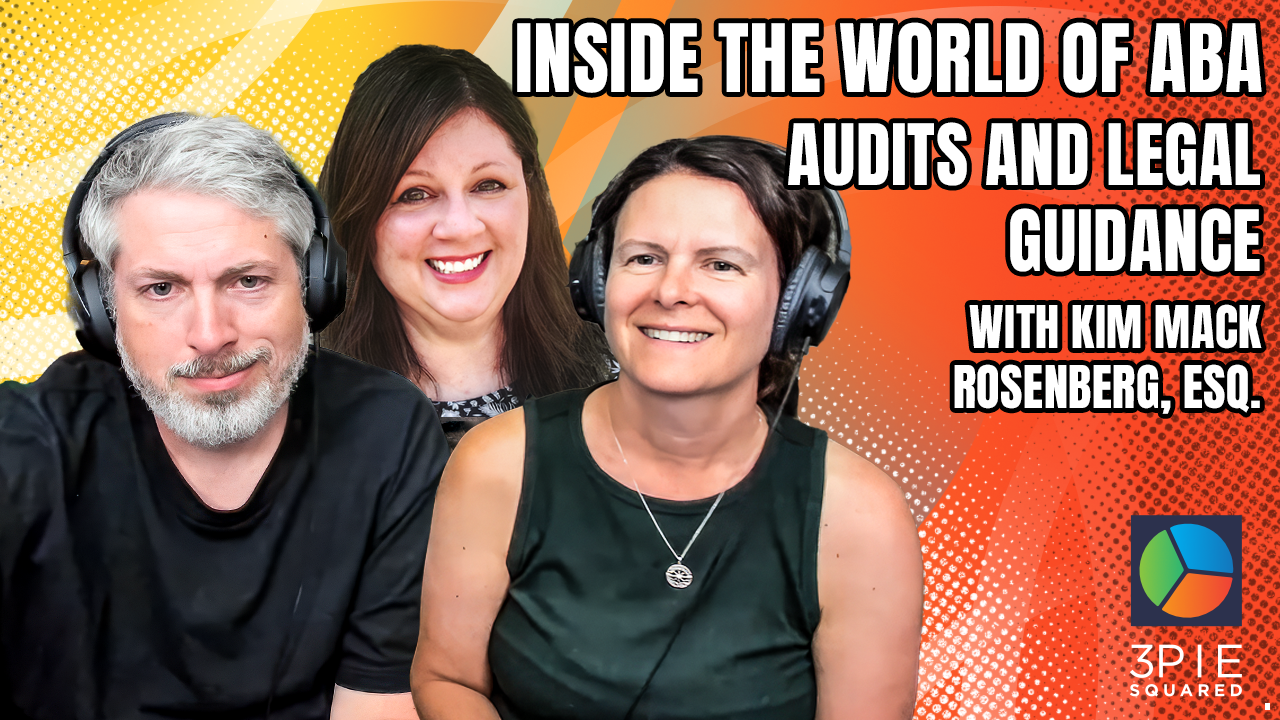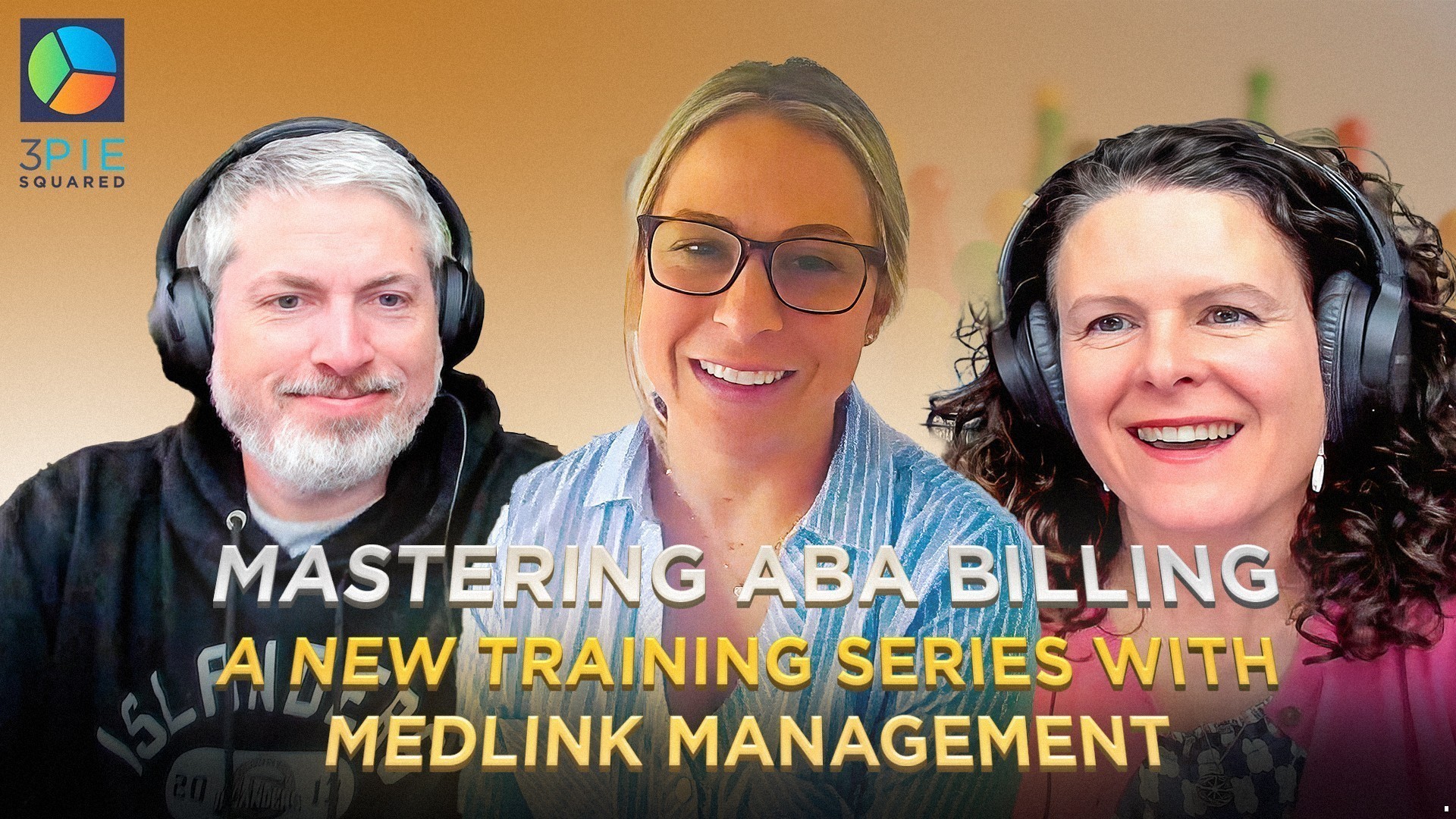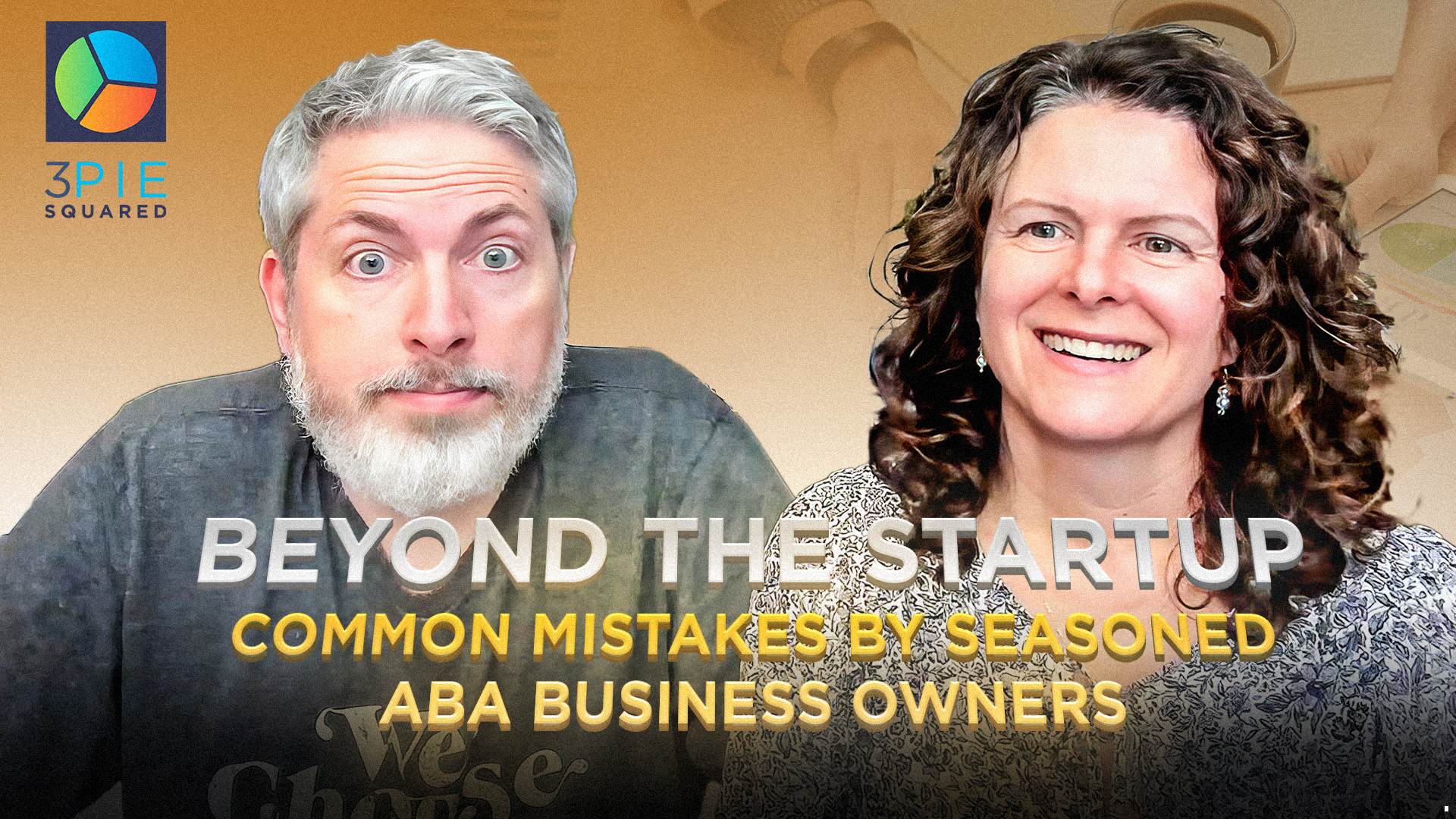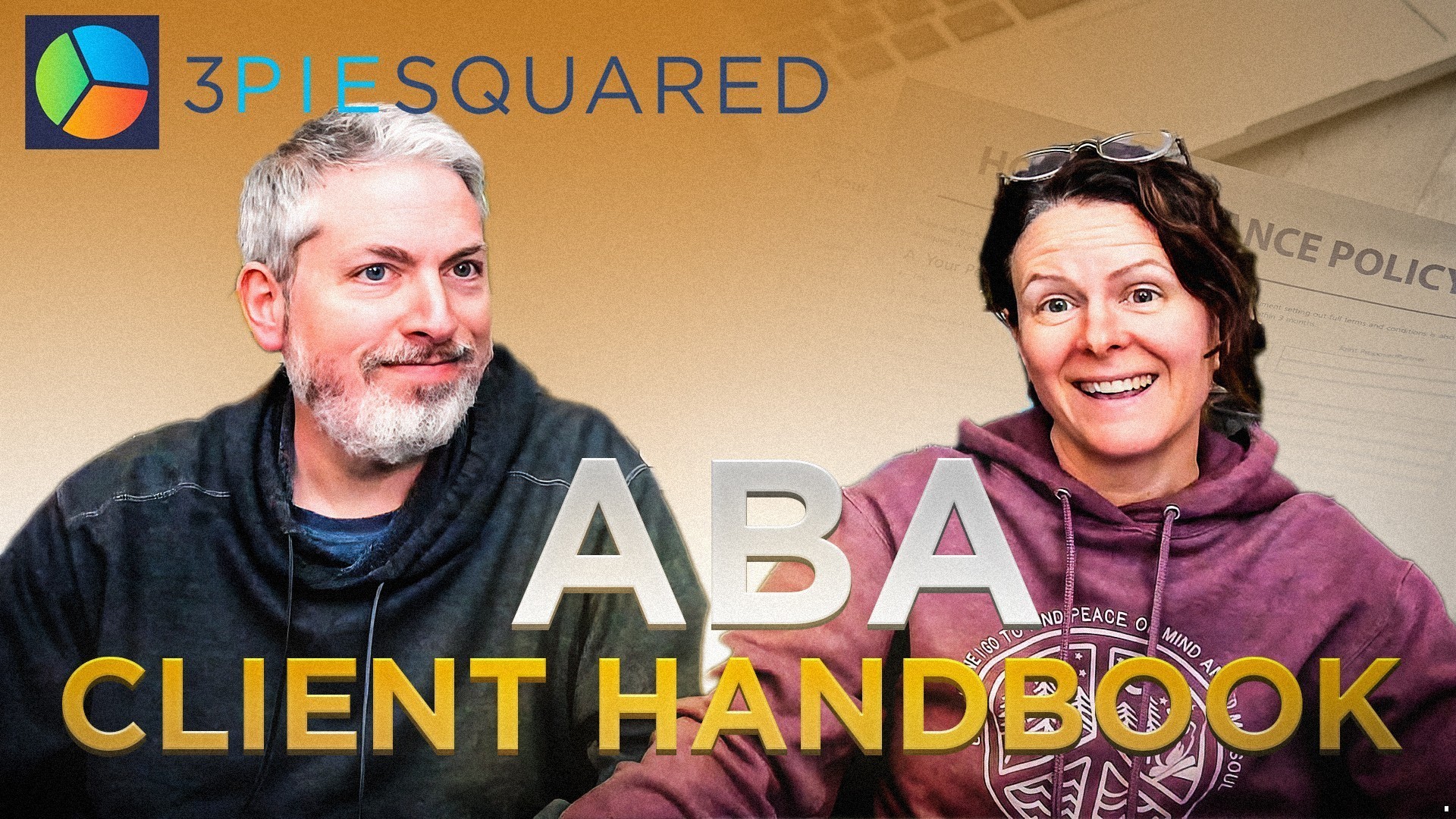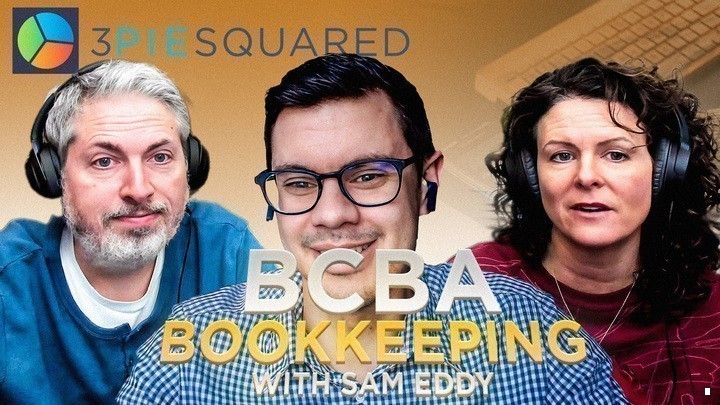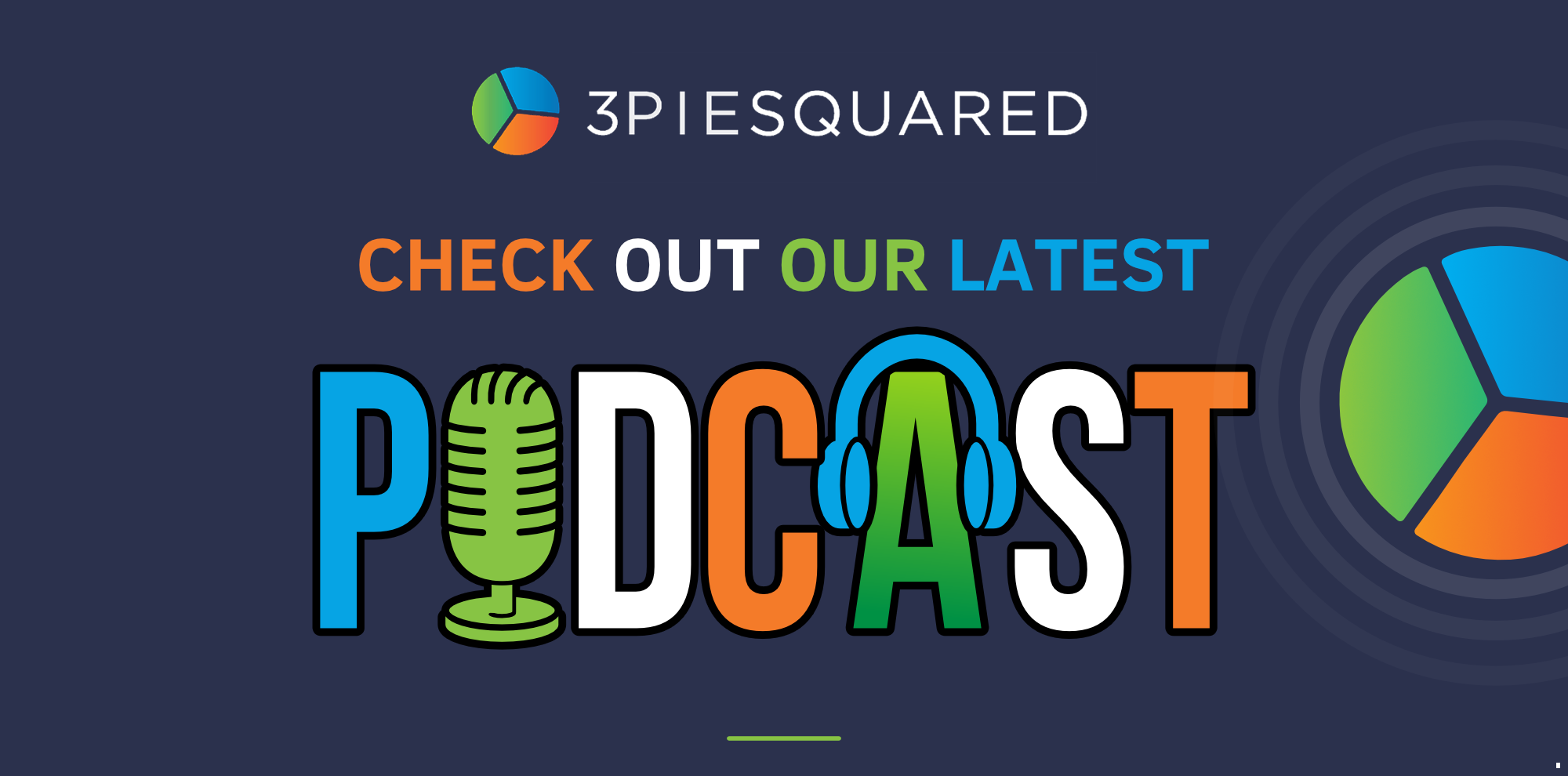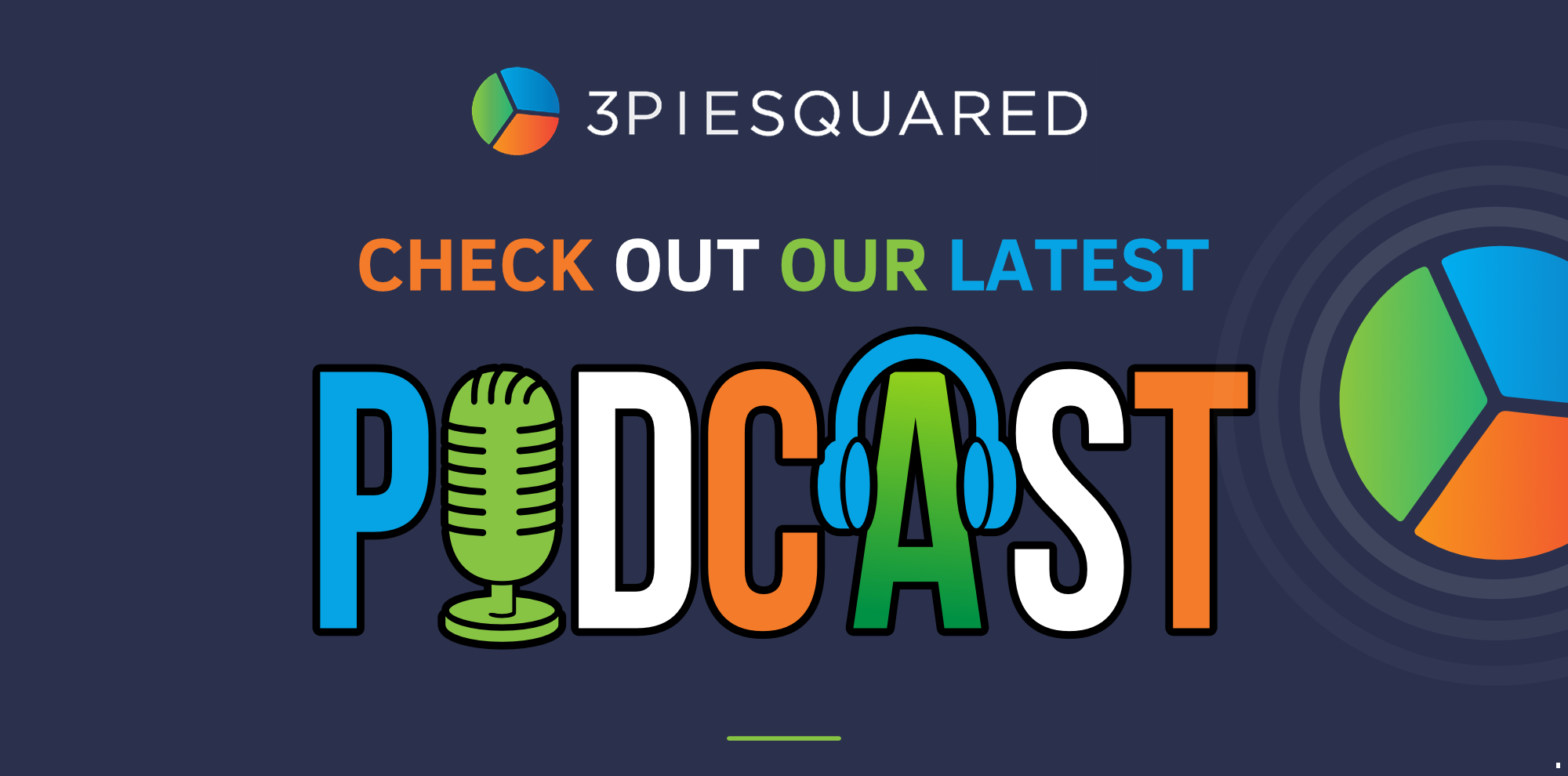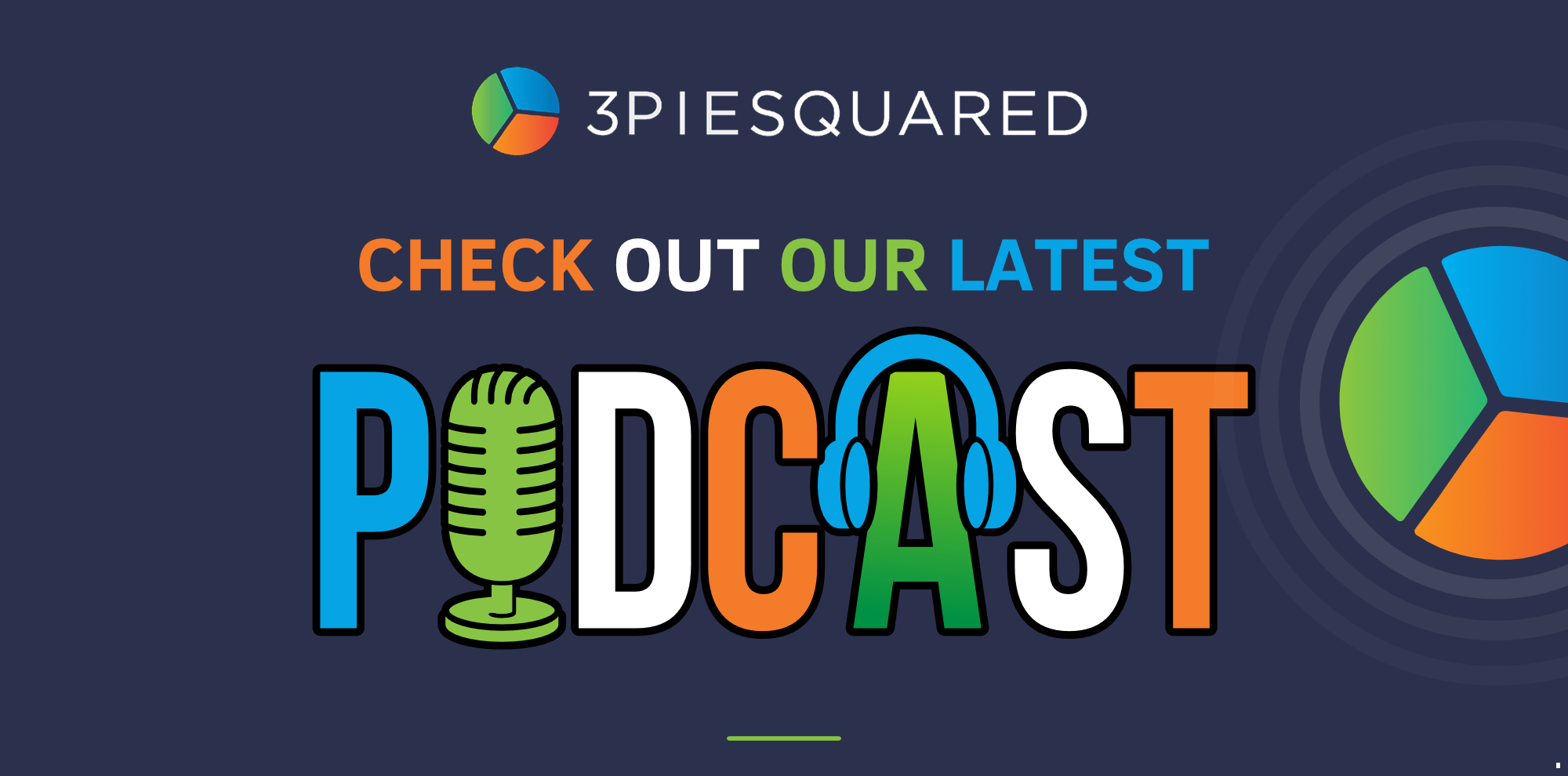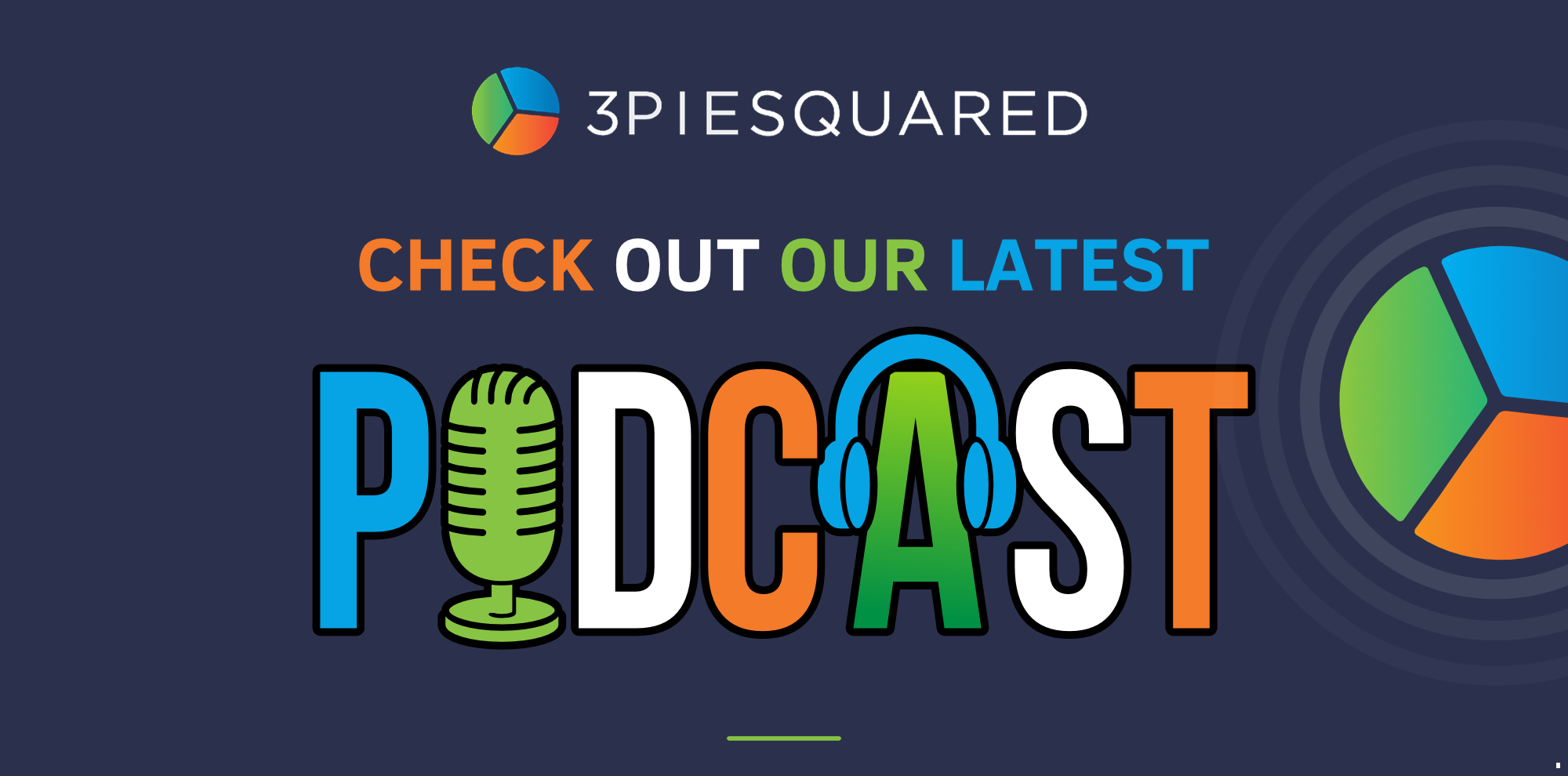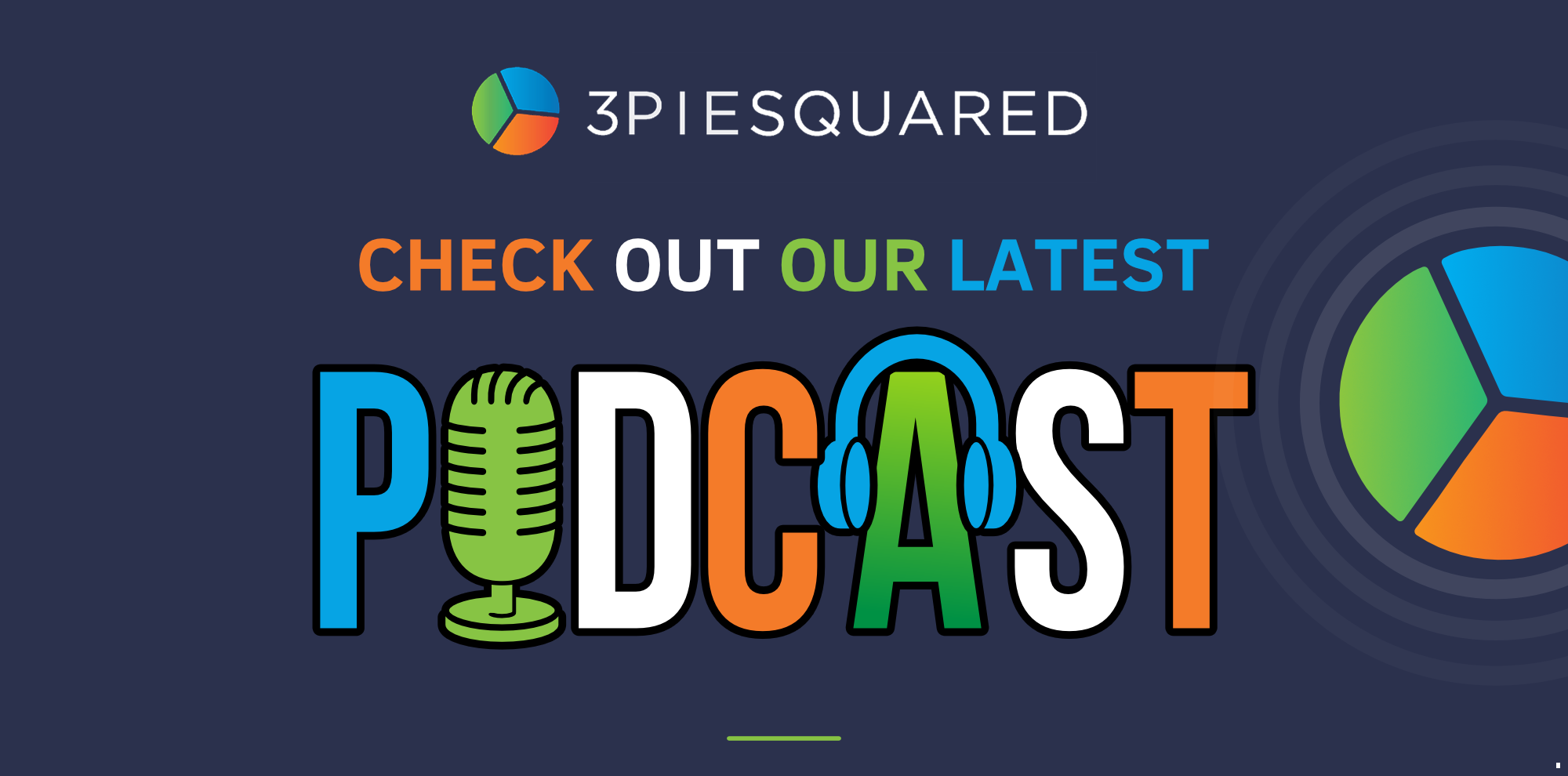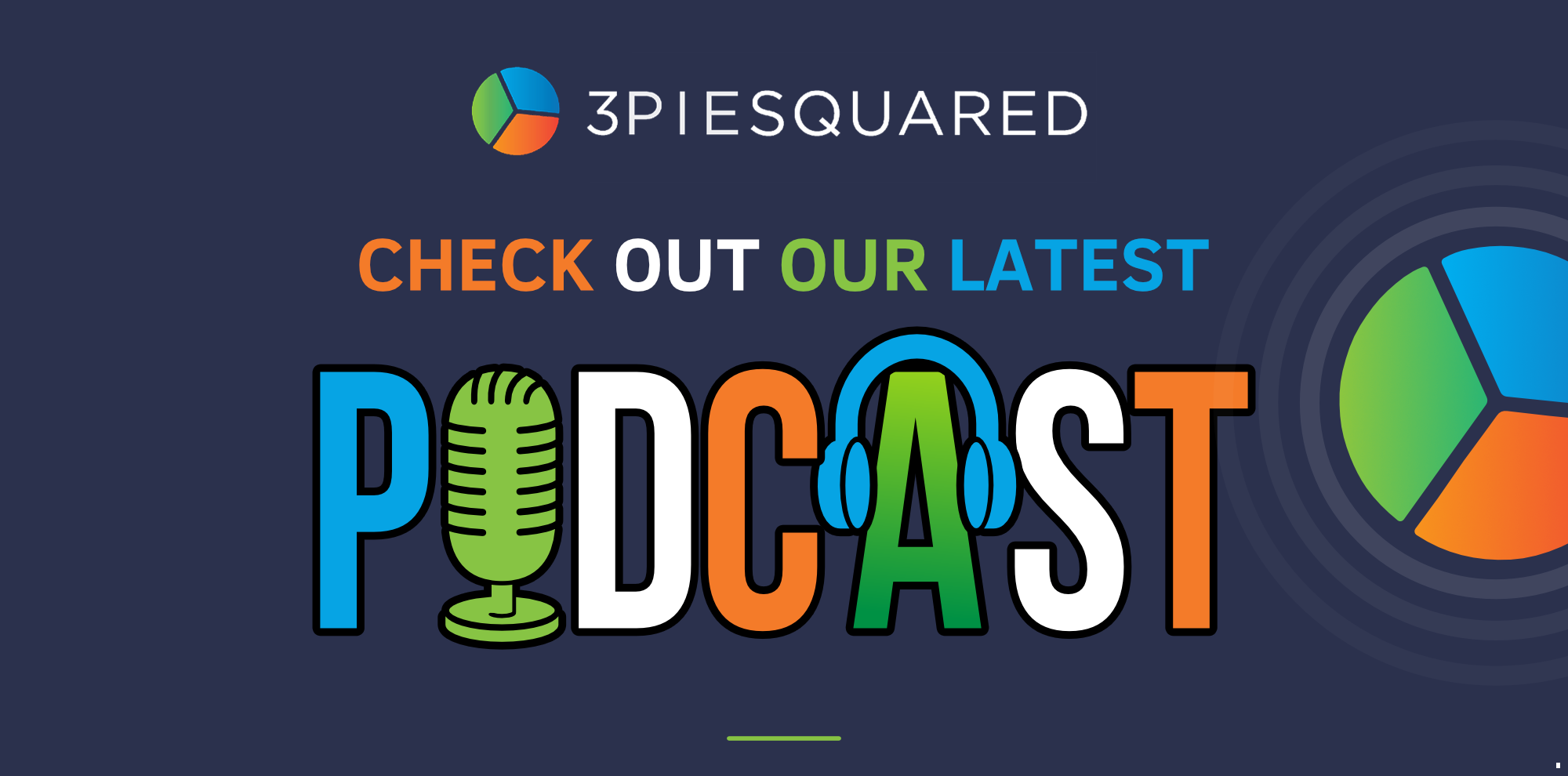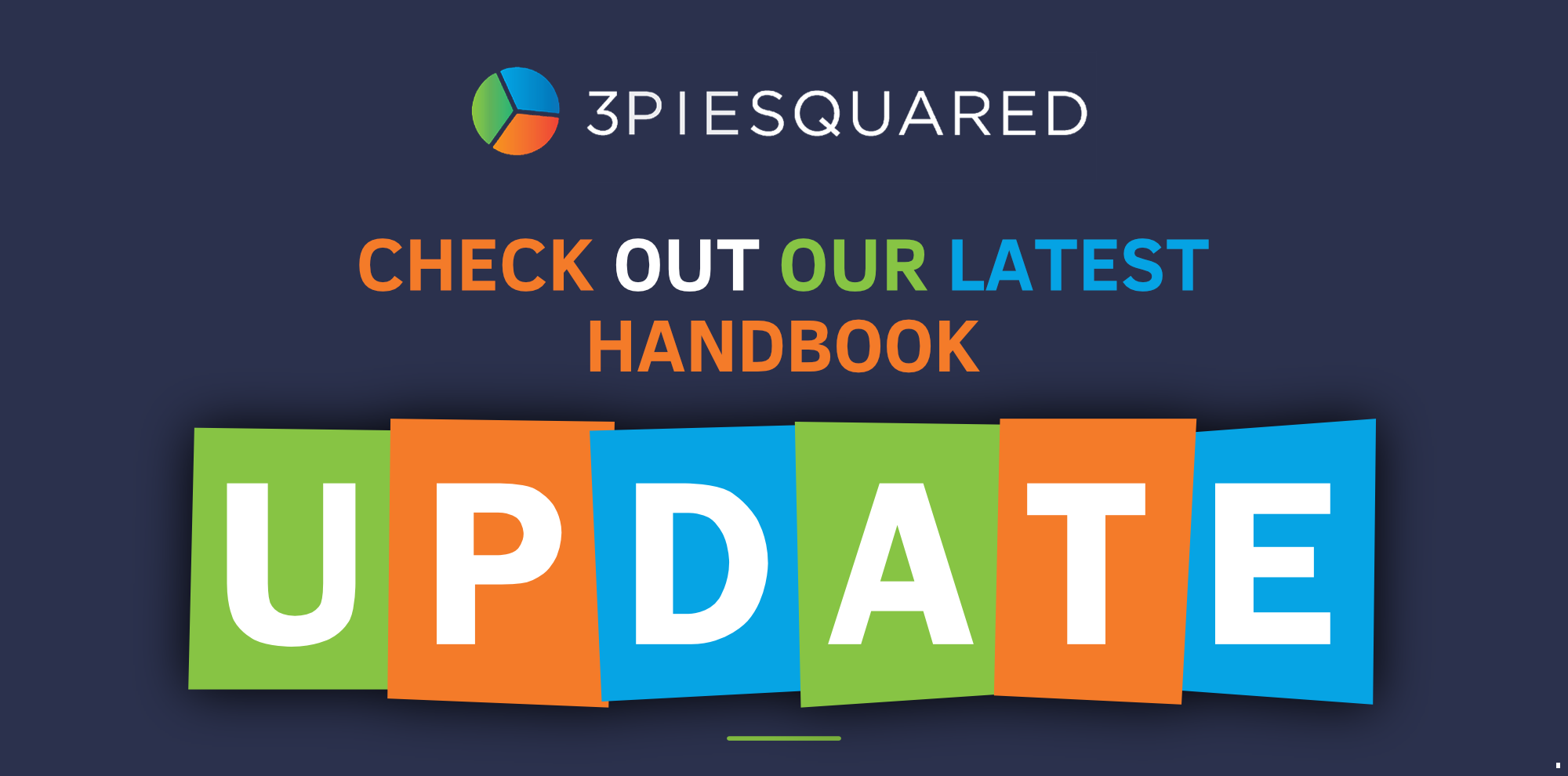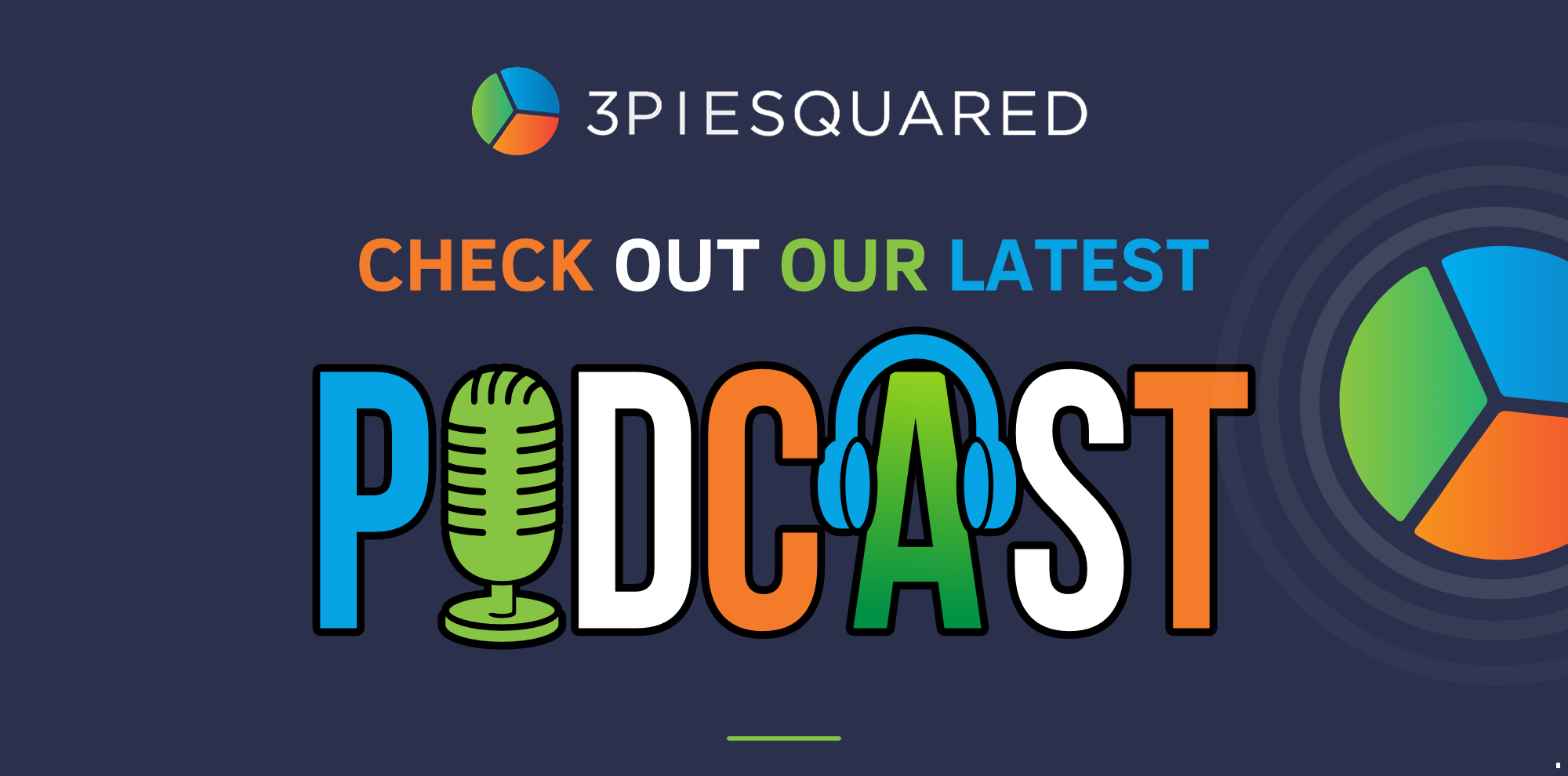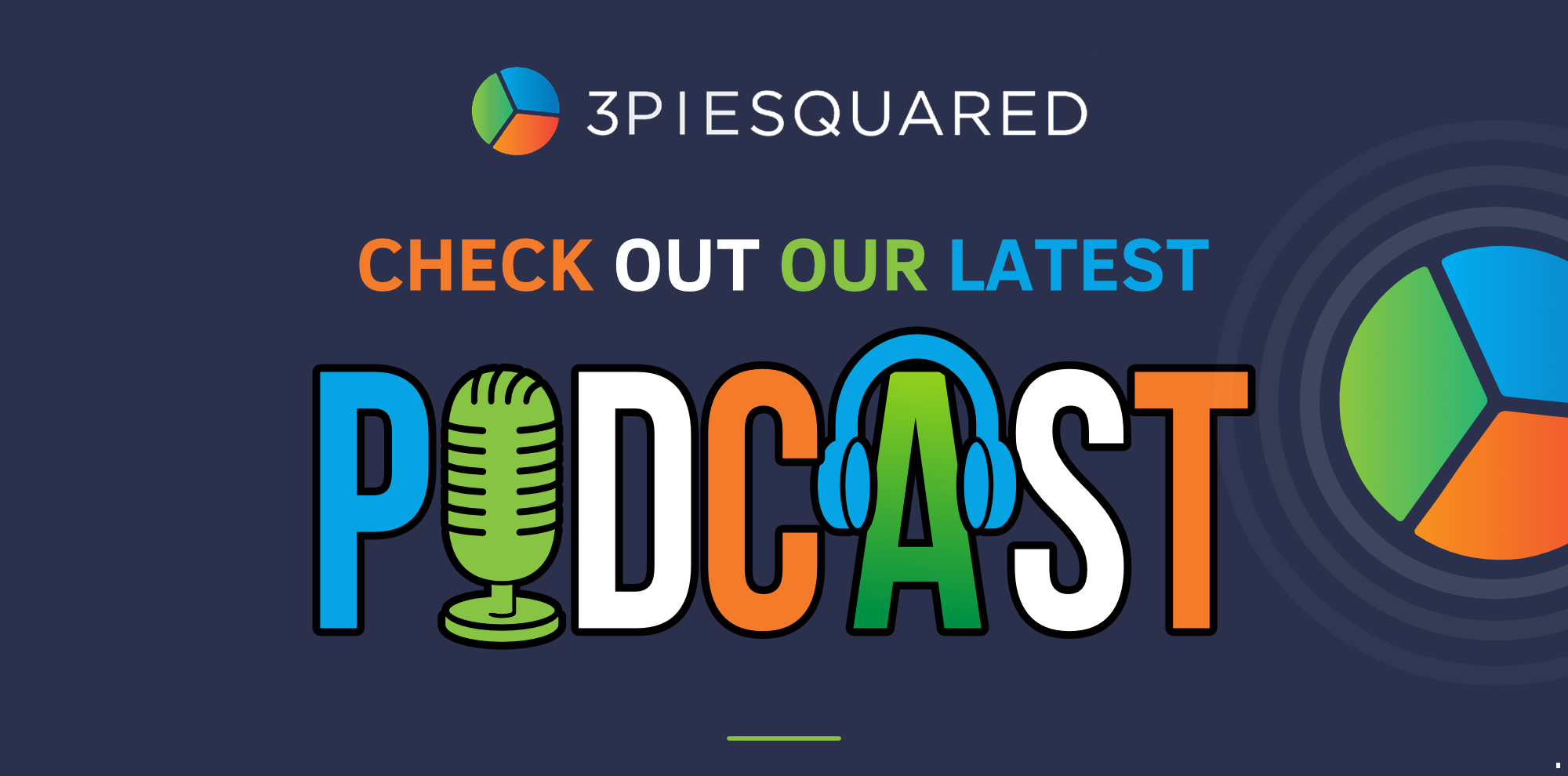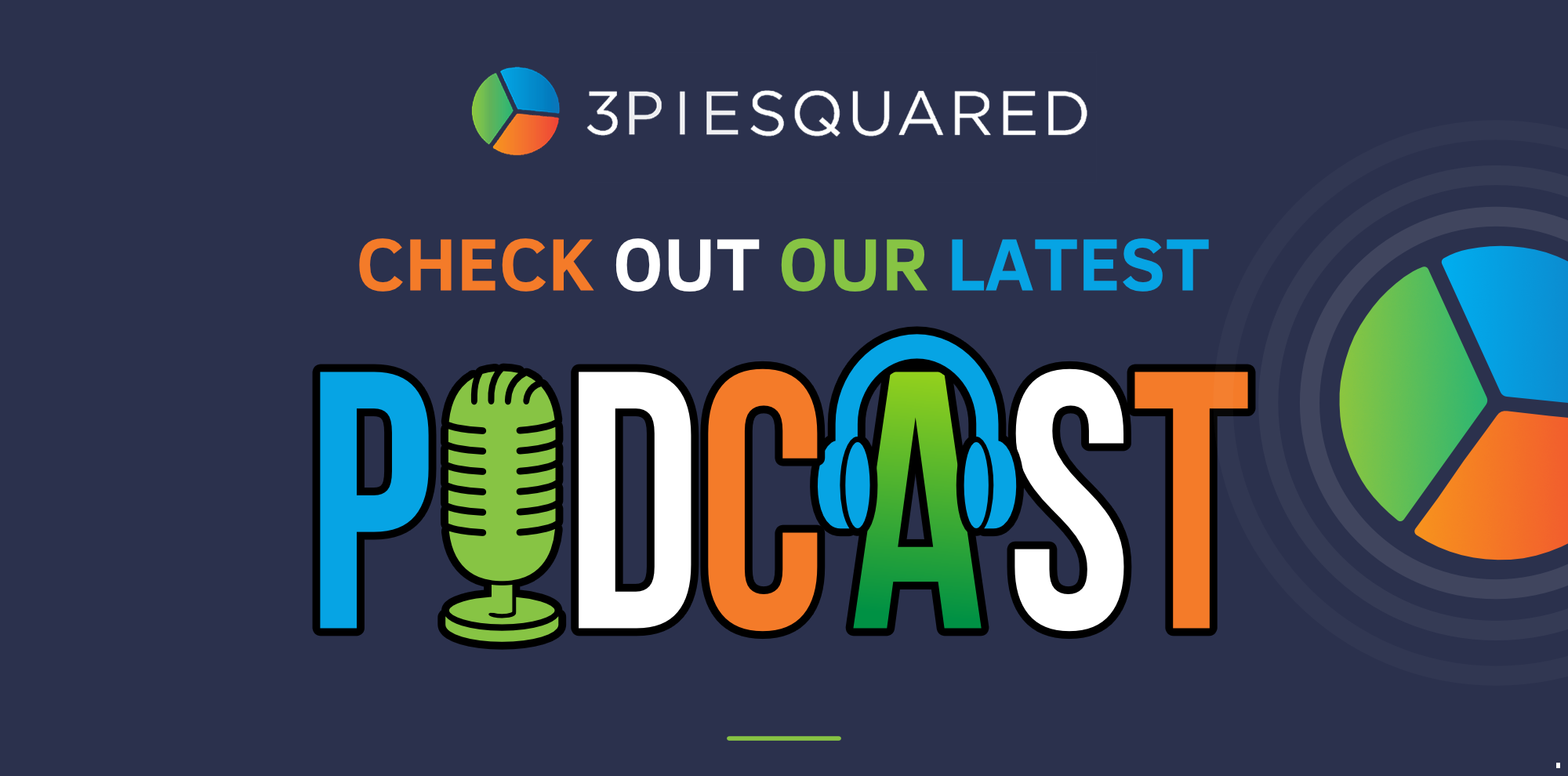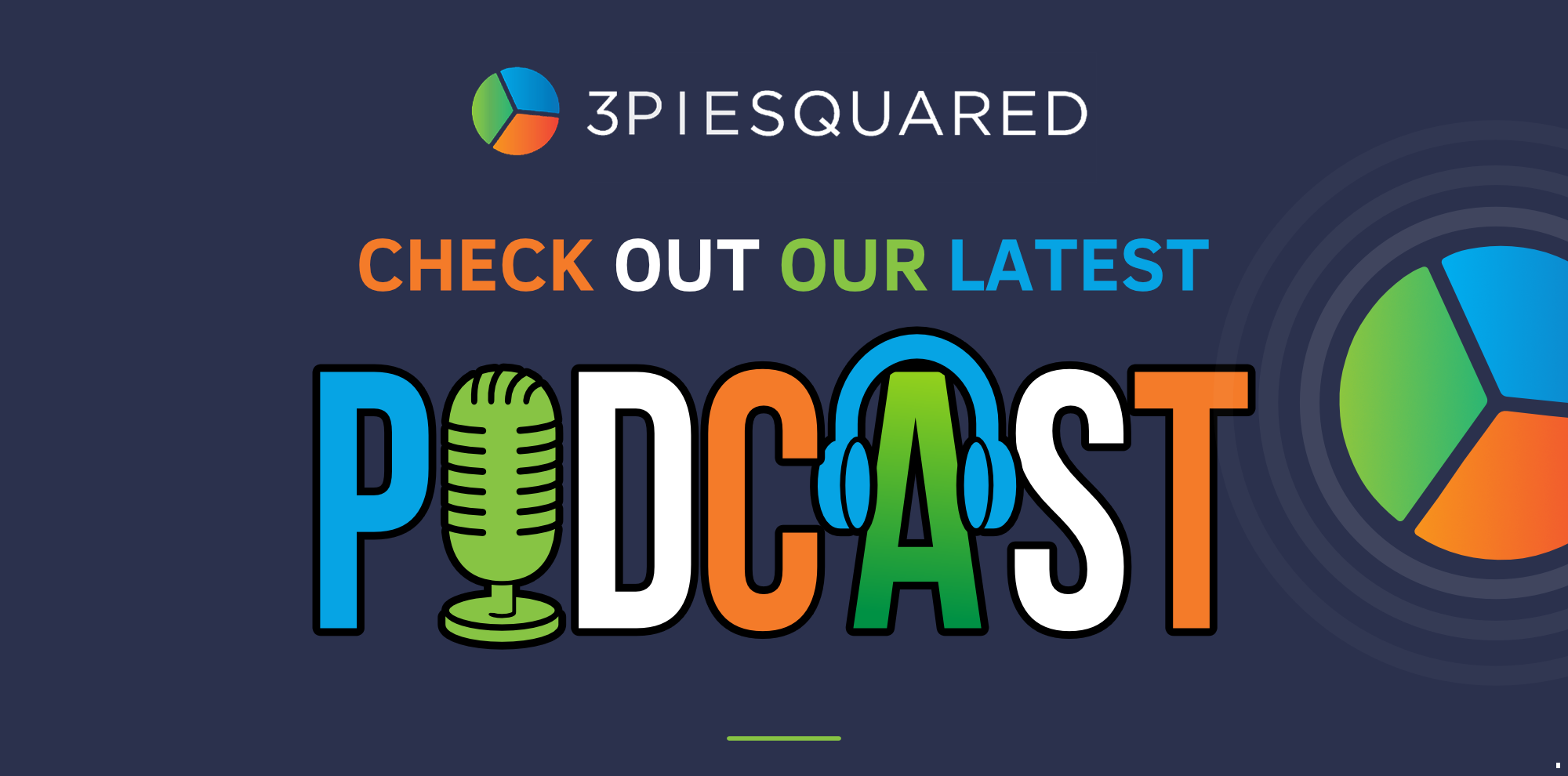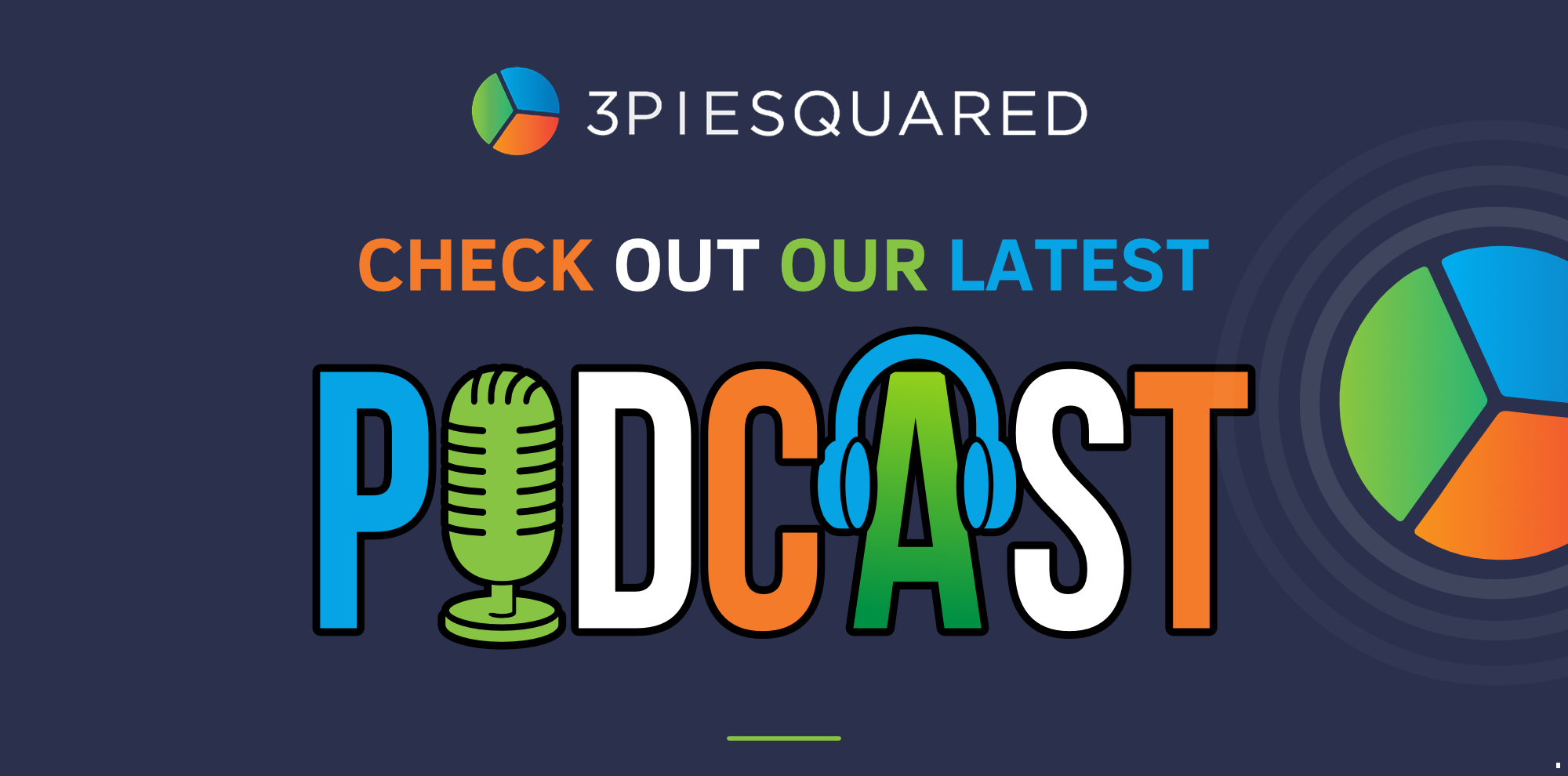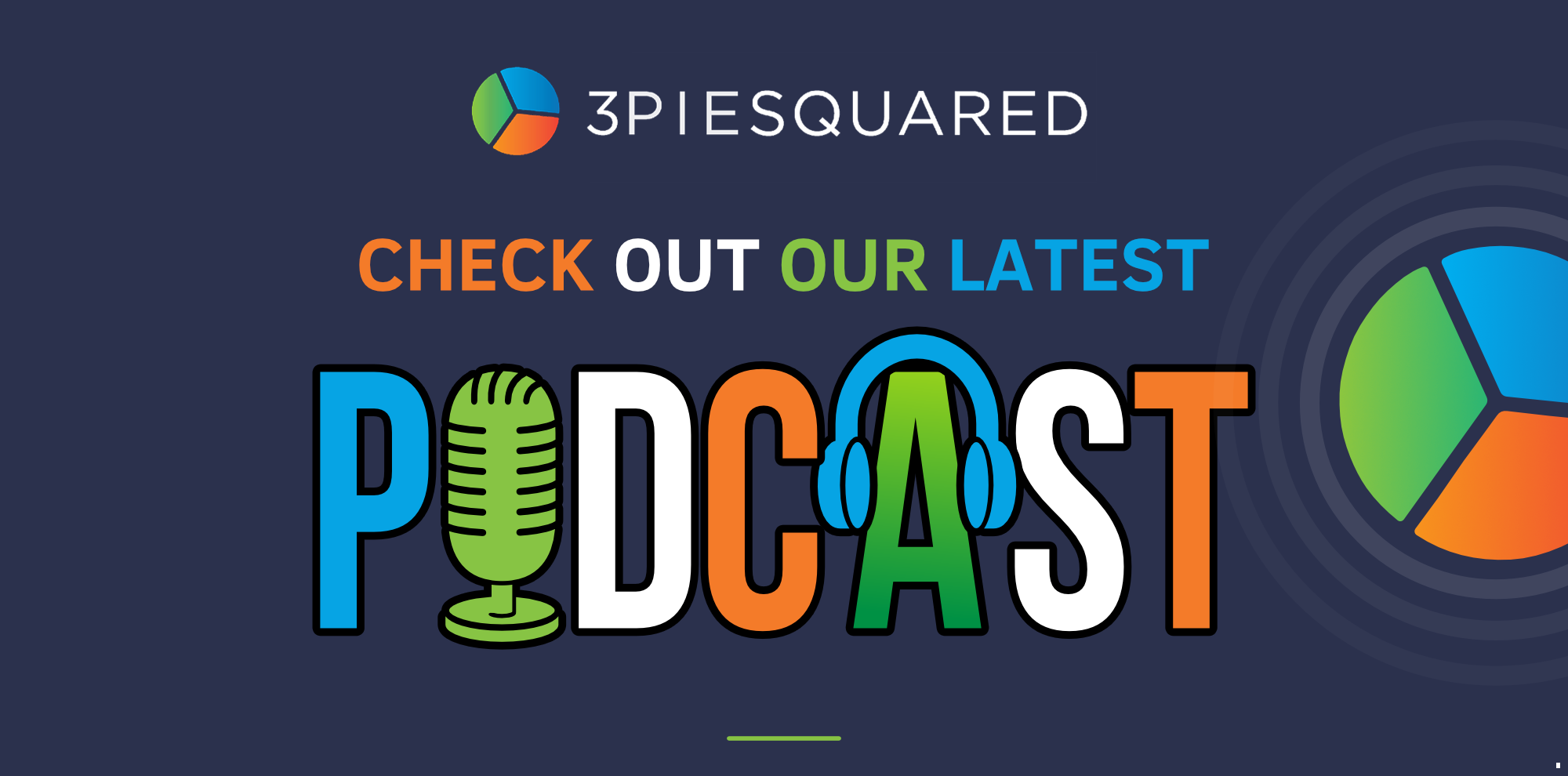Disclaimer: This article is provided for informational purposes only and is based on research into state laws and regulations. It is not legal advice. Laws vary by state, and they change over time. Before making any decisions about ownership structure, entity type, or compliance with Corporate Practice of Medicine rules, it is very important to consult with an attorney licensed in your state. I am not an attorney, and nothing here should be taken as legal guidance.
A New Era for ABA Ownership
Illinois has joined New York in requiring that applied behavior analysis (ABA) practices be owned by licensed...
Check Out Our Other Articles
ABA News Roundup: Medicaid Payments in Florida, Ownership Rules in Illinois & New York, and New Billing Support
Florida Medicaid Crisis: ABA Providers Struggle to Get Paid
Building Resilient ABA Businesses (Part 2): Finances, Burnout, and Lessons Learned
What ABA Providers Can Learn from Medicaid Cuts and HIPAA Settlements - Join us Live at 8:00 AM
HIPAA Lessons for ABA Providers: What We Can Learn from the Deer Oaks Settlement
North Carolina Medicaid Cuts: Why ABA Providers Must Act Now
Building Resilient ABA Businesses
Cutting Through Prior Authorization Red Tape: How SILNA Helps ABA Businesses Thrive
Join Us Live: Safeguards in ABA & California AB 951
Safeguards in ABA: Why In-Home Protections Cannot Be Overlooked
California Ends Mandatory Autism Re-Diagnosis for ABA Therapy Coverage: What AB 951 Means for Families and Providers
Building ABA Teams That Thrive (Part 2): Managing ABA Business Caseloads
Partners, Profits & Peace of Mind: Why Financial Clarity Matters More Than Ever for ABA Providers
Summer’s Not Over—But We’re BACK! (Join Us Live on Facebook Monday, August 4th at 8 AM Eastern)
Colorado RBT Requirements: What ABA Providers Are Actually Saying
Nebraska Medicaid Rate Cuts: What ABA Providers and Families Need to Know
Building ABA Teams That Thrive: Structure, Support & Culture!
Would You Rather: Real ABA Leaders Tackle the Tough Choices
New Tax Law, New Opportunities: What the OBBBA Means for ABA Providers
Prior Authorization Reform Highlights a System in Crisis—Silna Has the Solution for ABA Providers
AI Meets ABA: The Future of Behaviour Analysis with Adam Ventura
Finding Your Why: The Heart of ABA Business Ownership
Looking after your RBTs, Part 2: Knowing Your Worth
Silna: The Physician’s Perspective of Prior Authorizations
This Week in ABA News - Why Ethics Matter: ABA Insurance Mandates, Broken Trust, and the Real Work Ahead
When Trust Is Broken: What Every ABA Provider Must Learn from Recent Abuse Allegations
The Real Story on ABA Insurance Mandates: When Low Rates Undercut the Promise
This Week in ABA News: Prior Authorizations Under Fire and a Wake-Up Call from Kansas Schools
When Schools Ban ABA Therapists: Lessons From Kansas, and a Wake-Up Call for ABA Providers
RFK Jr., Dr. Oz, and the End of Prior Authorizations? What ABA Owners Need to Know
Real Talk for RBTs: Advocacy, Burnout & Building a Better Workplace
The Ethical CFO: Why Financial Leadership Is Every ABA Owner’s Responsibility (Even If You’re Small)
Play Is Productive: The Hidden Power of Play in ABA Business Ownership
This Week in ABA: Policy Shifts, Data Science, and Cybersecurity— Join us LIVE at 8 AM Eastern today!
Ransomware in ABA: What It Looks Like, How to Prevent It, and Smarter Email Security
Florida’s Sweeping Autism Law: What it Means for Families, ABA Providers, and the Future of Autism Services
The Autism Data Science Initiative: Why It Matters for ABA Providers and the Future of Autism Care
ABA Weekly: Lifelines, Benchmarks & Compliance—Join us Live at 8 AM Eastern
HIPAA in 2025: Why Every ABA Company Needs to Rethink Compliance—Now
The Real Benchmark: What HealthBench, AI, and ABA’s Future Mean for Kids
When Systems Fail Families, ABA Can Still Be a Lifeline
How to Improve ABA Supervision with Allyson Wharam of ‘ABA in the Field’
ABA Business Weekly: HIPAA, M&A, and Turning the Tide in Special Ed - Live at 8AM Eastern today!
HIPAA Breaches Aren’t Just a “Big Company” Problem: What ABA Businesses Need to Learn from the WellNow Settlement
Turning the Tide: How ABA Leaders Can Rebuild Trust in Special Education
Navigating the 2025 ABA M&A Surge: What Ethical Practice Owners Need to Know
Ego Driven Hiring: A Wake-Up Call for ABA Business Owners
Waiving Co-Pays and the Power of Partnership - Live New Today at 8 AM Eastern
NASQN & 3 Pie Squared Partner to Empower Ethical ABA Practice Growth
When Discounts Cross the Line: What ABA Practice Owners Need to Know About Waiving Deductibles
Clarity, Capacity, and Efficiency with Silna
Chaos, Contracts & Chatbots: What’s Really Steering ABA? - Live news today - 8 AM Eastern in Facebook
The Contract Temptation: Why Classifying BCBAs as 1099s May Be a Risk for ABA Companies
When Systems Fail Quietly: Optum, Medicare Fraud, and the ABA Fallout We Can’t Ignore
Whose Hand Is on the Wheel? What a Reddit AI Experiment Means for the Future of Clinical Judgment in ABA
Finding Joy in the Journey
Two Truths and a Wake-Up Call: Medicaid Cuts, Treatment Intensity, and the Future of ABA - Live discussion today at 8 AM Eastern
The Real Impact of Medicaid Cuts on ABA Therapy: What Providers and Families Need to Know
Quality Is a Choice: What Treatment Intensity Says About Who We Are in ABA
3 Things We Thought Would Be Easier!
Celebrating Mothers (and Everyone Else Who Deserves a Break): 50% Off the ABA Business Leaders Platform This Weekend Only!
Experts, X-Rays, and Indiana Drama: Live discussion today at 9:00 AM Eastern
Who Gets to Speak in ABA—and What Does That Say About Us?
Indiana Is Back in the News: What ABA Providers Need to Know About the State’s Latest Push for Cost Controls
How Applied Behavior Analysis Can Improve Healthcare Systems
Dealing with workplace drama!
🧩 Trends, Truths & Turning Points: What’s Shaping Autism and Behavioral Health in 2025
Arkansas Mom Releases Powerful Children’s Book on Autism and Mealtime Struggles
“What are we really doing here?”: The Push to Standardize Quality in Autism Therapy
Behavioral Health Deal Volume Up 53% in Early 2025: What This Means for ABA Practices
The Growing Gap in Autism and IDD Care: Why the Industry Must Scale Ethically and Strategically
Should a BCBA Always Own the Clinic? Maybe Not.
Staff, Tariffs, and RFK Jr.: What ABA Companies Need to Know Right Now - Live today at 8 AM Eastern!
ABA Staff Turnover Is Still Out of Control — Here’s What the Data Says
How the New Tariffs Could Impact ABA Businesses (And What You Can Do About It)
RFK Jr.’s Autism Registry Proposal: Understanding the Implications for ABA Companies
How Margin Keepers Can Help You Master Payroll & Financial Planning
Quality over Quantity- Is more supervision always better?
Denials, Audits & Billing Headaches: ABA News Roundup – April 14, 2025
Nebraska Issues New ABA Medicaid Service Definitions Amid Federal Audit Scrutiny
Concerns Grow Over Insurance Misuse of Medically Unlikely Edits (MUEs) in ABA Therapy Denials
Federal Audit Finds $56 Million in Improper Medicaid Payments for ABA Therapy in Indiana
UnitedHealthcare’s Strategy to Limit ABA Therapy Raises Alarm in the Autism Community
It’s Time to Get Real: ABA Business Owner Burnout
From Policy Shifts to Legal Hits: ABA News Roundup – April 7, 2025 - Live event today at 11AM Eastern!
Texas Recognizes QABA® for Behavior Analyst Licensure
Maryland Clinic Settles HIPAA Violations After Ransomware Attack
New York’s Proposed Medicaid Cuts Raise Concerns for Autism Services
Massachusetts Expands ABA Therapy Coverage to Children with Down Syndrome
Indiana’s Updated Medicaid Policy for ABA Therapy: What You Need to Know
Expanding to a Clinic? Do this first!
From Big Deals to Big Trouble: ABA Business News - March 31, 2025
The truth behind the client and staff cancellations
Top ABA Headlines
Local Owner Highlight- When to scale your ABA Business
Understanding the journey- Improving caregiver relationships with Melanie Thurston
How Effective Bookkeeping Ensures Payroll Stability and Helps You Retain ABA Staff
The Importance of Bookkeeping Services for ABA Business Owners
Mastering Marketing – Local Outreach Done Right
How to Scale Your ABA Business
You Just Closed Your ABA Company... Now What?
Building the Future of Small ABA Businesses – Join Us in This Mission
Red Flags in ABA Service Providers
Coaching Session- Discussing Onboarding with a New Owner
Would You Rather: Hiring in ABA
Grow your own BCBAs vs. hiring- What you need to know
Aligning Leadership with Values: Behavioral Intelligence in ABA with Dr. Paul Gavoni
ABA Accreditation: Compliance or Commitment to Quality?
AI meets clinical decision making- Using AI to improve patient outcomes- with Amanda Ralston
Comprehensive Updates to ABA Practice Handbooks: Enhanced Policies, Compliance, and ACQ Standards Integration
Leadership in ABA: Building Values, Managing Relationships, and Driving Progress with Martin Myers
Leadership, transparency, and collaboration in ABA organizations, with Jennifer Heidt
Building Better Care; Public Policy and Staff Empowerment
Free RBT Training for Your ABA Team This Holiday Season!
Innovating ABA Practice with AI Solutions
How can we help? Using ACT with Meg Solomon.
Building Resilience in ABA Practices: Lessons in Staffing, Billing, and Growth
Flash Sale: 6 Months Free Access to Our ABA Business Leaders Training Platform for 25 Companies!
I Hate My Job: Exploring Real Solutions
I Hate My Job: Reaction to Posts
I Hate My Job: Real Stories of Ethical Dilemmas in ABA
Introducing the New ABA Business Leaders Training Platform
I Hate My Job: Voicing the Frustrations of ABA Professionals
Introducing Our New Self-Paced Courses: Revenue Cycle Management & Effective Hiring with Indeed
CPABA Conference: A Path Forward for the Field - Get a 10% Discount!
Empower & Thrive: Registration Extended Until October 7 - 50% off!
Exciting New Coaching Opportunity for 3 Pie Squared ABA Business Leaders!
Free Download! Discover Essential Tax Compliance Tips with MarginKeepers
Why Stephen is Excited About the CPABA Conference 2024 - Discount just for you! -
3 Pie Squared Partners with Happy Medium RBT to Offer a Revolutionary 40-Hour RBT Training
Maximizing Recruitment with Indeed: How to Find the Right Candidates Without Breaking the Bank
Empathetic Leadership in ABA: Supporting Our Techs
Five Weeks of Wisdom: Bite-Sized Insights from 3 Pie Squared
Introducing the ABA Business Leaders Training Platform
Free Download! Boost Your Established ABA Practice with MarginKeepers' Essential Accounting Tips
Inside the World of ABA Audits and Legal Guidance with Kim Mack Rosenberg, Esq.
Ethical Practices for ABA Testimonials and Reviews with Dr. Jon Bailey
Navigating Growth and Challenges in ABA Business with Alecia Barrett
For a limited time, buy any of our handbooks and get our Business Leaders Membership for 75% off!
Collaboration in ABA: Strengthening Connections Among ABA Business Owners
"I Hate My Job" Series Kickoff: Discussing Burnout and Unethical Practices in the ABA Field
Top Five Essentials for Your Company Policies
Discount Ends Tomorrow – Last Chance to Get 20% Off Our Comprehensive ABA Billing Training Series!
Mastering Digital Marketing for ABA Practices with Reece from Reputation Elevation
Navigating ABA Business Growth: Consultation with Alecia Barrett
Unlock Your Billing Potential: Our New ABA Billing Course and Free ABA Billing Tips!
Navigating Company Policies: A Blueprint for ABA Practices
Free Chart of Accounts: Optimize Your Bookkeeping with MarginKeepers
Safeguarding Integrity: Proactive Strategies to Mitigate Billing Fraud in ABA Therapy
Steering Clear of Fraud: Mastering Insurance Billing in ABA Practice
From Overwhelm to Strategy: The Journey of an ABA Business Leader
Beyond the Startup: Common Mistakes by Seasoned ABA Business Owners
Essential Elements of an Employee Handbook for ABA Practices
Don’t Do That!: Avoiding Common Missteps in Your ABA Practice
Pre-Hire Power: The Critical Importance of an Employee Handbook for ABA Practices
Integrating Art into ABA Therapy: A Conversation with Natasha Bouchillon
Why a Client Handbook is Crucial Before Starting ABA Services
🥧 Grab a Slice of Success: Pi Day Flash Sale! 🎉
Why Should I Get a Client Handbook Before I Start Seeing Clients?
Financial Insights for ABA Practices: Free Chart of Accounts from MarginKeepers!
Navigating Authentic Copywriting in ABA Services: Insights and Innovations
Big Changes to the Podcast!
Get Free Expert Consulting for Your ABA Business on Our Podcast – Apply Now!
Navigating the Credentialing Conundrum: Insights from ABA Leaders
Navigating ADA Compliance: Essential Insights for ABA Business Owners
Nurturing Success: The Interplay Between Company and Team Dynamics
🌟 Dive Into the World of Sleep with Dr. Emily Ice: A Podcast Episode Not to Miss 🌜
A little late but our update is here!
Maximizing Your ABA Practice’s Potential: The Power of Bookkeeping with MarginKeepers
33% Off ABA Business Leaders for the Next 25 People!
Client Hours Discussion with April, Mallory Stinger, and Jennifer Helton
Improving Quality Through Accreditation: A Discussion with Erick Dubuque, Director of ACQ
Optimize Your ABA Practice with the Case Load Utilization Tool - 50% until Friday!
Black Friday Special - Rate Negotiations 2.0 - Elevating Your Practice with Provider Rate Resources
Navigating Medical Necessity with Dan and Mike from ABA on Tap
Upcoming Podcast with Erick Dubuque, Director of ACQ & Exciting News on How We Can Help Companies Navigate This New Standard! 🌟🎙️
Partnering with MarginKeepers, Co.: A Game Changer for Your ABA Practice
Celebrate Canadian Thanksgiving with a Bang: 50% Off ABA Business Leaders Membership and Earn 33.5 CEUs!
Empowering Change: Insights from New BCBA Business Owners
Founding a Nonprofit Practice with Susan Habchy
ABA Business Amazon List
De-Stress & Avoid ABA Burnout with a Relaxing Post-Work Routine
Three Common Struggles of a New ABA Practice
Benefits of Outsourcing with 3 Pie Squared
Why 3 Pie Squared
The Essential List for a Successful Business
2019 Satisfaction Survey results
The Cost of RBT Turnover
What You Need to Know About HIPAA
Podcast with Dr. Becca Tagg
Run Your Therapy Business Like a Well-Oiled Machine!
How to Grow Your Practice
professionals. Under the Illinois Behavior Analyst Licensing Act (see 225 ILCS 6/150 at https://www.ilga.gov/legislation/ilcs/documents/022500060K150.htm), beginning January 15, 2027, any company providing ABA services must be fully owned by individuals licensed under the Act. General information on Illinois behavior analyst licensure is available from the Illinois Department of Financial and Professional Regulation (IDFPR) at https://idfpr.illinois.gov/profs/behavior-analysts.html.
In New York, similar rules are already in place. Professional service corporations (PCs) and professional service limited liability companies (PLLCs) that provide ABA services can only be owned by individuals licensed under Education Law Article 167. New York State Education Department’s ABA licensure page is at http://www.op.nysed.gov/prof/aba/. Together, these states now require clinician-only ownership for ABA service entities, which means traditional models involving non-clinical investors, public shareholders, or management-only partners cannot own the clinical practice entity.
Why This Matters
These changes bring ABA into alignment with the Corporate Practice of Medicine (CPOM) doctrine, a legal principle in some states that prohibits non-licensed individuals or corporations from owning entities that provide medical or health services. The aim is to ensure that licensed professionals control clinical decisions. Historically, CPOM rules centered on physicians, dentists, and psychologists; ABA generally sat outside those restrictions. With Illinois and New York moving ABA under clinician-ownership requirements, providers must reassess governance, ownership, and entity type to stay compliant.
Illinois: What the Law Says
The Illinois Behavior Analyst Licensing Act was enacted in 2022, and licensure began January 15, 2025 (IDFPR overview at https://idfpr.illinois.gov/profs/behavior-analysts.html). Section 150—titled Prohibition on Corporate Practice of Applied Behavior Analysis—states that no corporation, partnership, LLC, or other business entity may provide, attempt to provide, or offer to provide applied behavior analysis services unless every shareholder, partner, member, manager, director, officer, or agent of the entity is licensed under the Act. The statutory text is at https://www.ilga.gov/legislation/ilcs/documents/022500060K150.htm.
Key implications for Illinois providers include a hard compliance date of January 15, 2027; a requirement that ABA service entities be organized under the Professional Service Corporation Act or the Professional Limited Liability Company Act; and divestiture of any equity held by non-licensed owners by the deadline. Practices should evaluate board seats, officer roles, and any equity or profit interests to confirm that all owners and controlling persons meet the licensure requirement under 225 ILCS 6.
New York: Established Clinician-Only Ownership
New York has required clinician ownership for ABA since it began licensing behavior analysts in 2014. Education Law Article 167 (ABA) is administered by the New York State Education Department, with guidance at http://www.op.nysed.gov/prof/aba/. For business ownership, New York’s Business Corporation Law (Professional Corporations, Article 15) and Limited Liability Company Law (Professional Service Limited Liability Companies, Article 12) require that owners of professional entities be licensed in the profession practiced by the entity. In effect, that means ABA PLLCs and PCs must be fully owned by licensed behavior analysts or other licensed professionals permitted under New York law to co-own the professional entity.
What About Other States?
Illinois and New York are currently the two states with explicit ABA-specific ownership mandates. Several other states have general professional entity or CPOM-style rules that, when combined with ABA licensure, effectively limit ownership to licensed professionals in whole or in part. While these states may not mention “ABA” in their ownership statutes, the combination of professional entity laws and ABA licensure often results in a requirement that licensed clinicians hold all or a majority of the equity and retain control of clinical decision-making.
Washington: ABA is licensed under RCW 18.380 (https://app.leg.wa.gov/rcw/default.aspx?cite=18.380). Professional service corporations must have shareholders licensed in the same profession under RCW 18.100.050 (https://app.leg.wa.gov/rcw/default.aspx?cite=18.100.050), and similar constraints apply to professional limited liability companies. In practice, ABA entities organized as PSCs or PLLCs must have licensed owners.
Massachusetts: ABA is licensed under M.G.L. c.112 §§163–172 (https://malegislature.gov/Laws/GeneralLaws/PartI/TitleXVI/Chapter112/Section163). Professional corporation rules (M.G.L. c.156A and related regulations) generally require ownership by licensed professionals, which yields a similar outcome for ABA practices formed as professional entities.
New Jersey: ABA licensure is overseen by the Division of Consumer Affairs (https://www.njconsumeraffairs.gov/ba). Under New Jersey’s Professional Corporation Act, N.J.S.A. 14A:17-5 (https://www.nj.gov/dobi/banklicensing/profcorp.html), shareholders of professional corporations must be licensed to render the professional service, which typically means clinician ownership for ABA PCs. PLLC rules enforce similar constraints through licensed service delivery.
Arizona: ABA is regulated through the Arizona Board of Psychologist Examiners (https://psychboard.az.gov/). Professional corporations are governed by A.R.S. §10-2213 (https://www.azleg.gov/ars/10/02213.htm), which restricts ownership and service delivery to licensed individuals, producing comparable clinician-ownership expectations for ABA professional entities.
Practical Questions Providers Are Asking
Does this mean only BCBAs can own an ABA practice? In Illinois, the statute ties ownership to those licensed “under this Act,” which points to licensed behavior analysts (LBAs). The statutory section is at https://www.ilga.gov/legislation/ilcs/documents/022500060K150.htm. In New York, ownership must be by licensees authorized under Education Law Article 167 (see http://www.op.nysed.gov/prof/aba/). Some states permit co-ownership with other licensed professionals (for example, psychologists) when scopes align and statutes allow it. The exact mix depends on each state’s professional-entity rules and board interpretation.
Can a publicly traded company own an ABA practice in Illinois or New York? No. Because shareholders would not all be licensed under the relevant professional acts, publicly traded ownership is not compatible with clinician-only ownership requirements. In CPOM states, the typical structure separates the clinical entity (owned by licensees) from management and administrative functions handled by a non-clinical company under contract.
What about management companies or investors? In CPOM frameworks, a common approach is the Management Services Organization (MSO) model. The licensed professionals own and control the clinical professional entity (PC/PLLC). A separate MSO—owned by non-clinicians or investors—provides non-clinical services (billing, HR, facilities, IT) via a management services agreement. This model is widely used in medicine, dentistry, and psychology and is likely to become more common in ABA as CPOM requirements expand.
Steps Providers Can Take Now
Providers in Illinois should begin a structured review ahead of the January 15, 2027 deadline. Confirm whether your current owners, officers, directors, and managers meet the licensure test in 225 ILCS 6/150 (https://www.ilga.gov/legislation/ilcs/documents/022500060K150.htm). Evaluate whether your entity is organized as a Professional Corporation or PLLC, and plan any required divestitures or conversions. Providers in New York should already be operating under clinician-only ownership; periodic compliance checks remain prudent. In other states, track legislative activity closely; even if there is no ABA-specific rule today, general professional-entity statutes paired with ABA licensure can require majority or full licensed ownership.
Across all jurisdictions, align governance documents (operating agreements, shareholder agreements, bylaws) with CPOM and professional-entity requirements, clarify clinical control and decision-making, and map out a transition path if you anticipate ownership changes. If you operate in multiple states, consider state-by-state charts that track licensure status, entity type, and ownership thresholds, with direct statute links for counsel to review.
Resources
Conclusion
Illinois and New York now require clinician-only ownership for ABA practices. For Illinois providers, a firm deadline of January 15, 2027, sets the timeline for restructuring entities and divesting non-licensed owners. New York providers are already under similar requirements. In other states, professional-entity laws paired with ABA licensure can produce partial or majority licensed ownership requirements, with more CPOM-style restrictions likely to surface over time. The practical takeaway is straightforward: review ownership and entity structures early, document clinical control clearly, consider MSO models where appropriate, and work with healthcare counsel in your state to ensure compliance.










